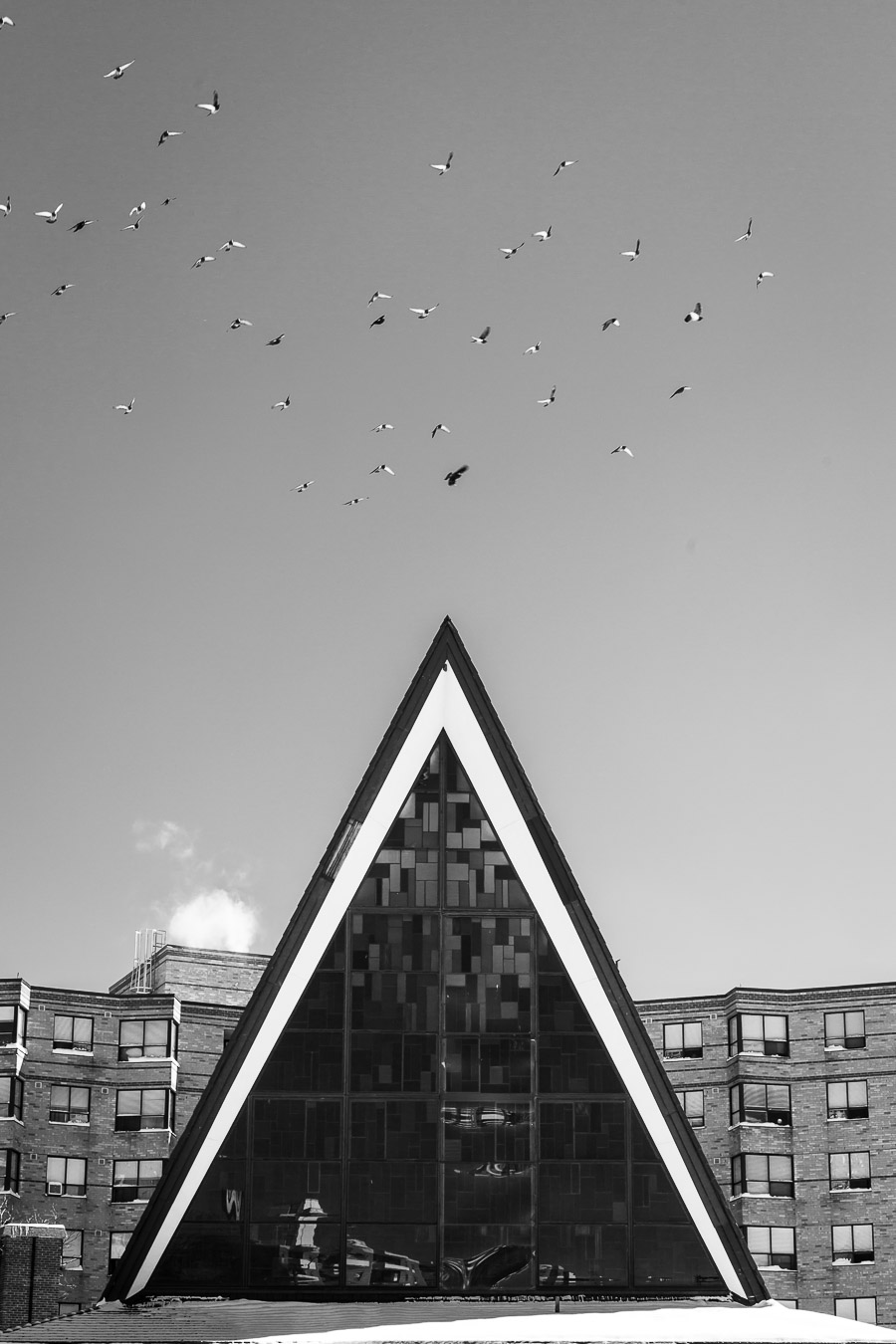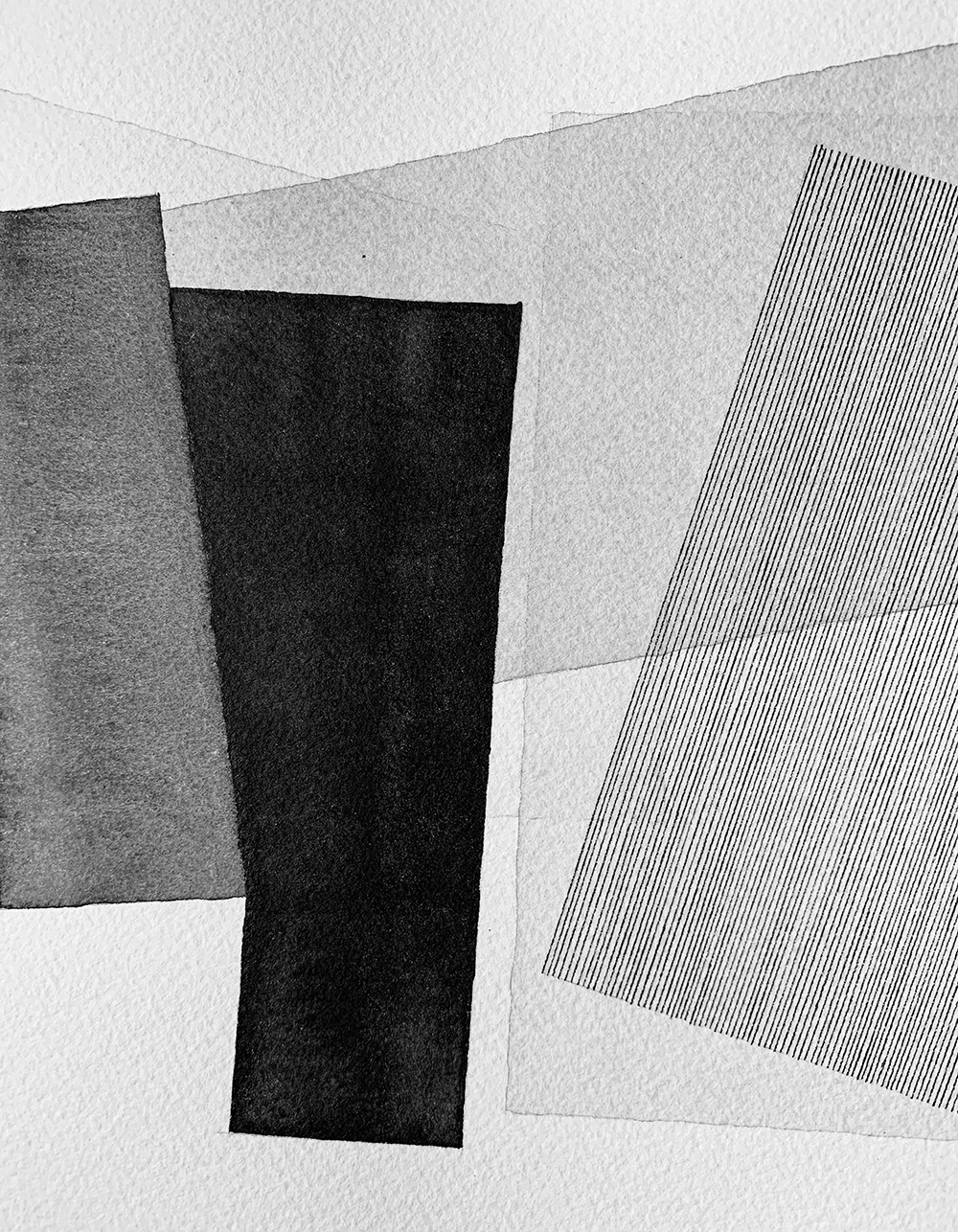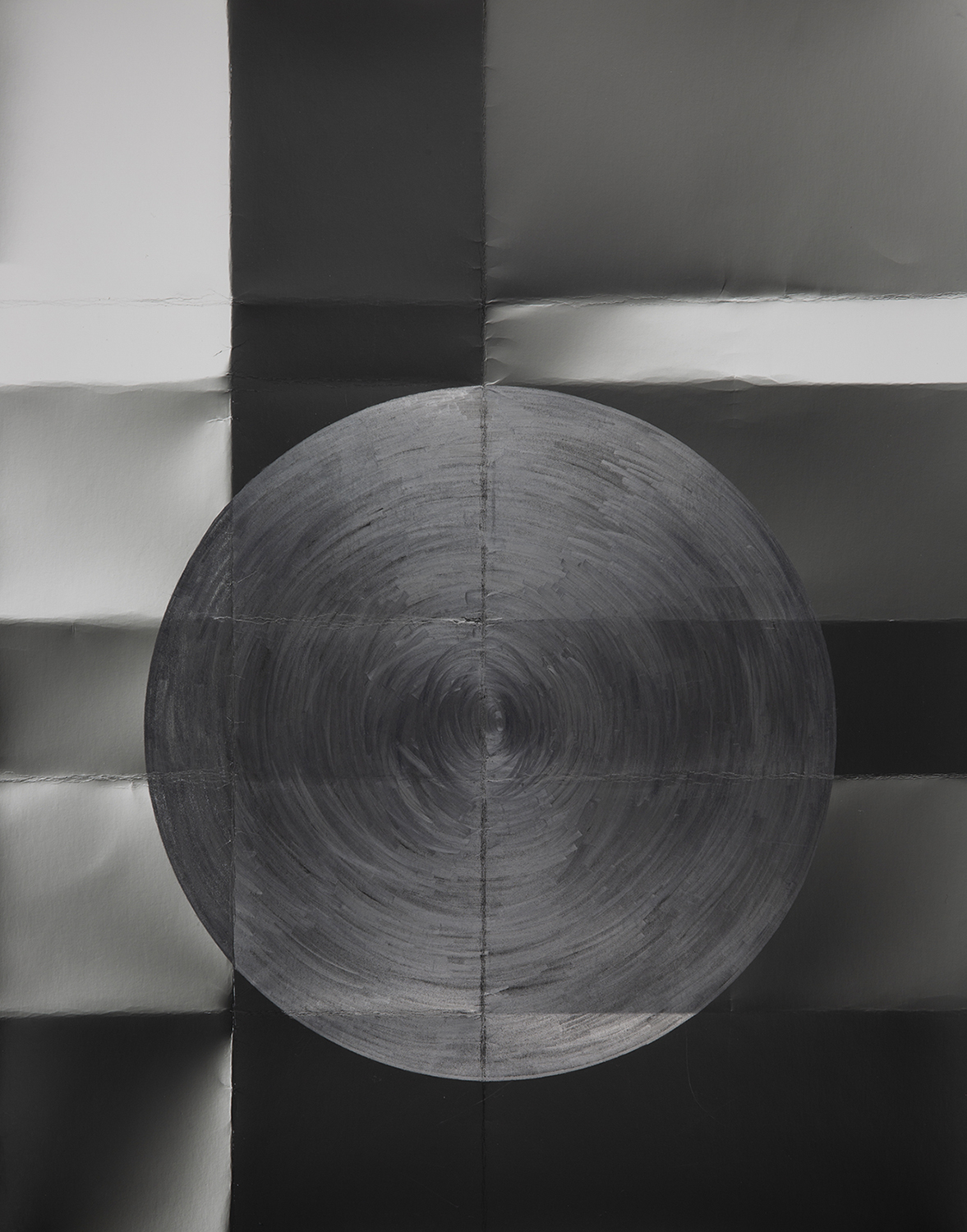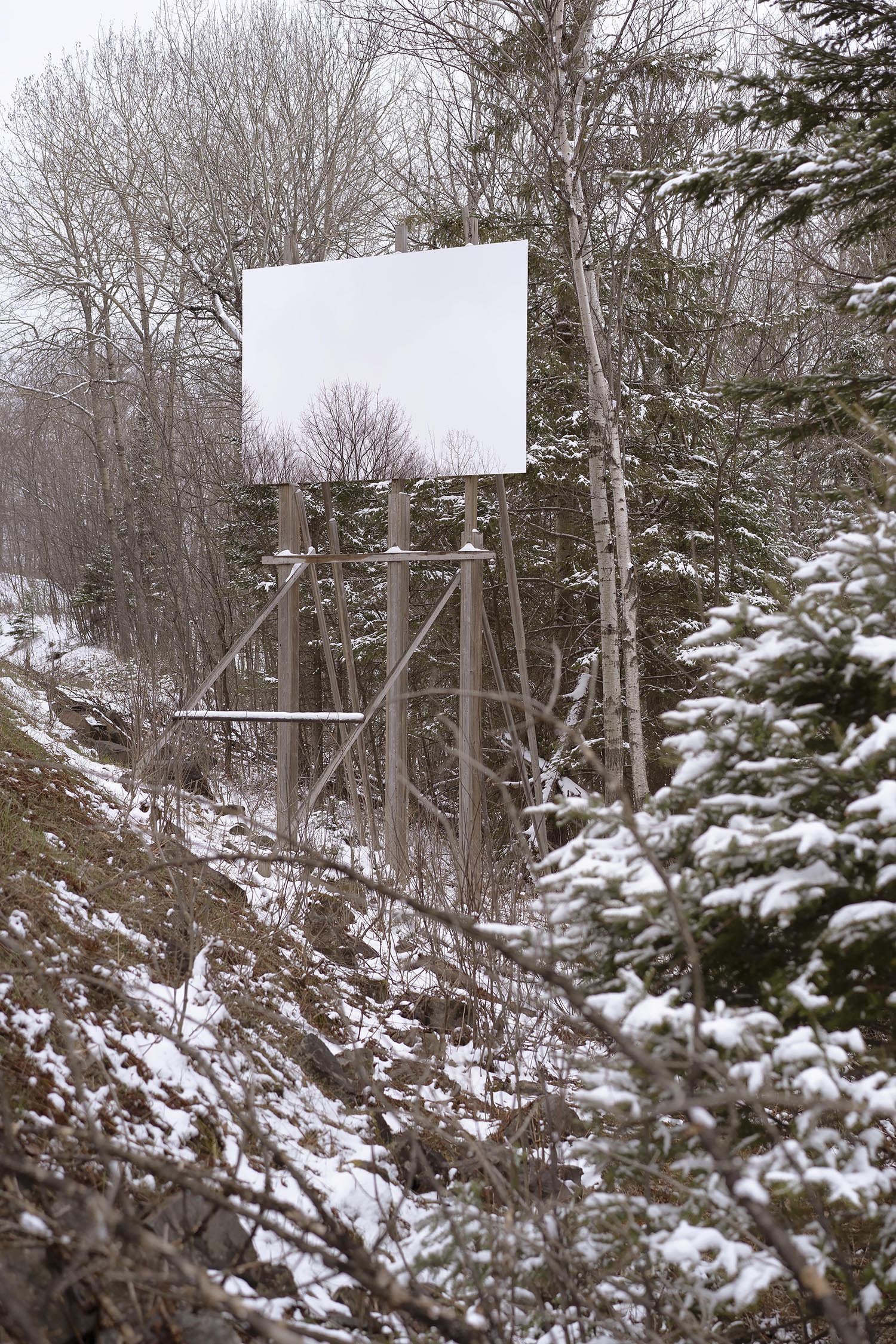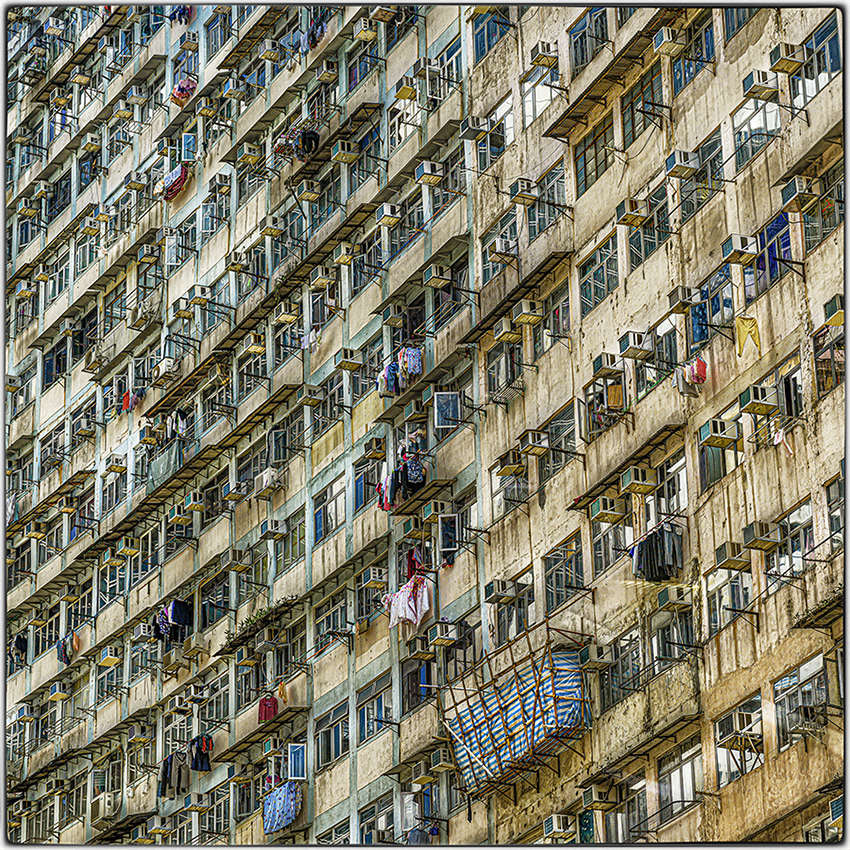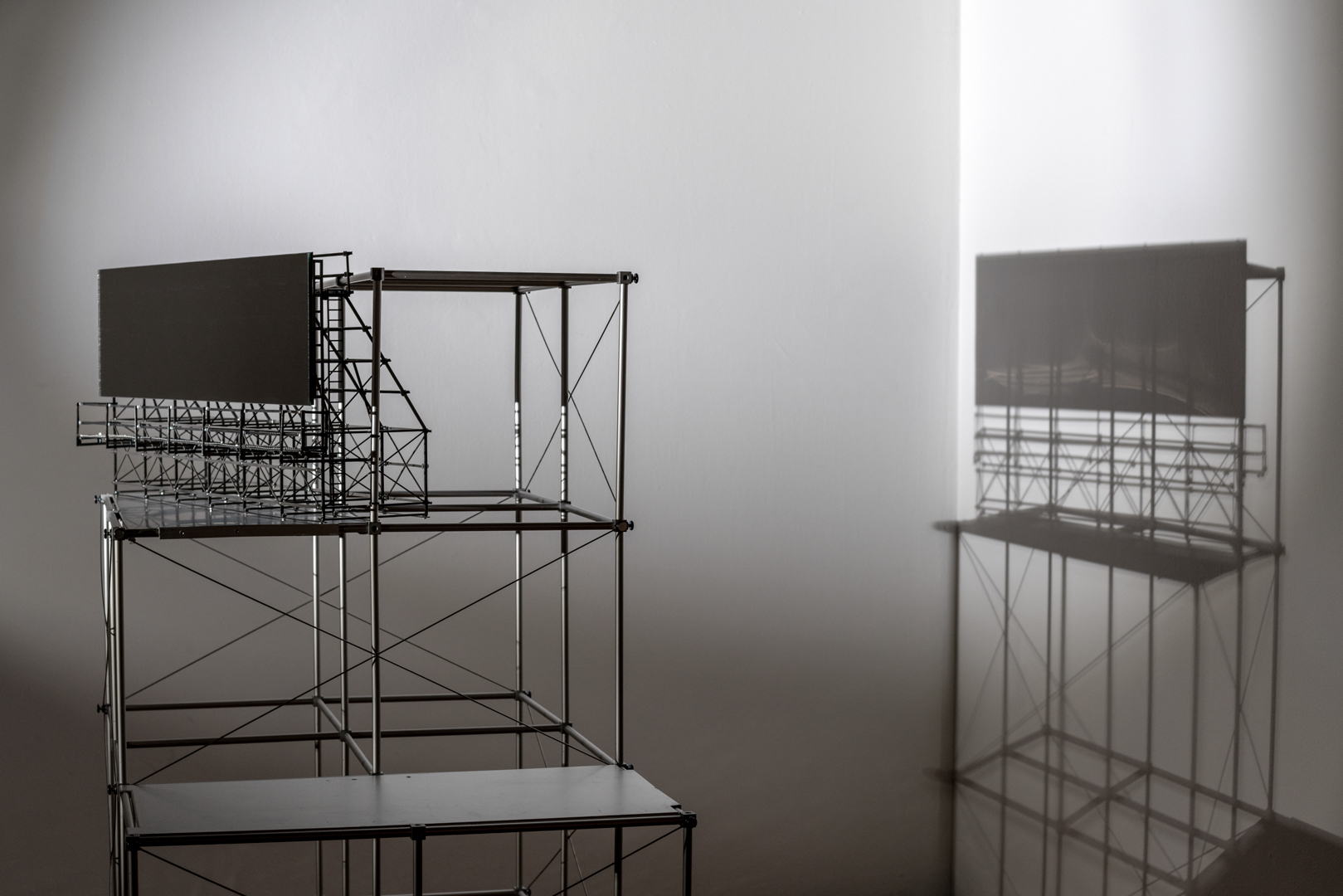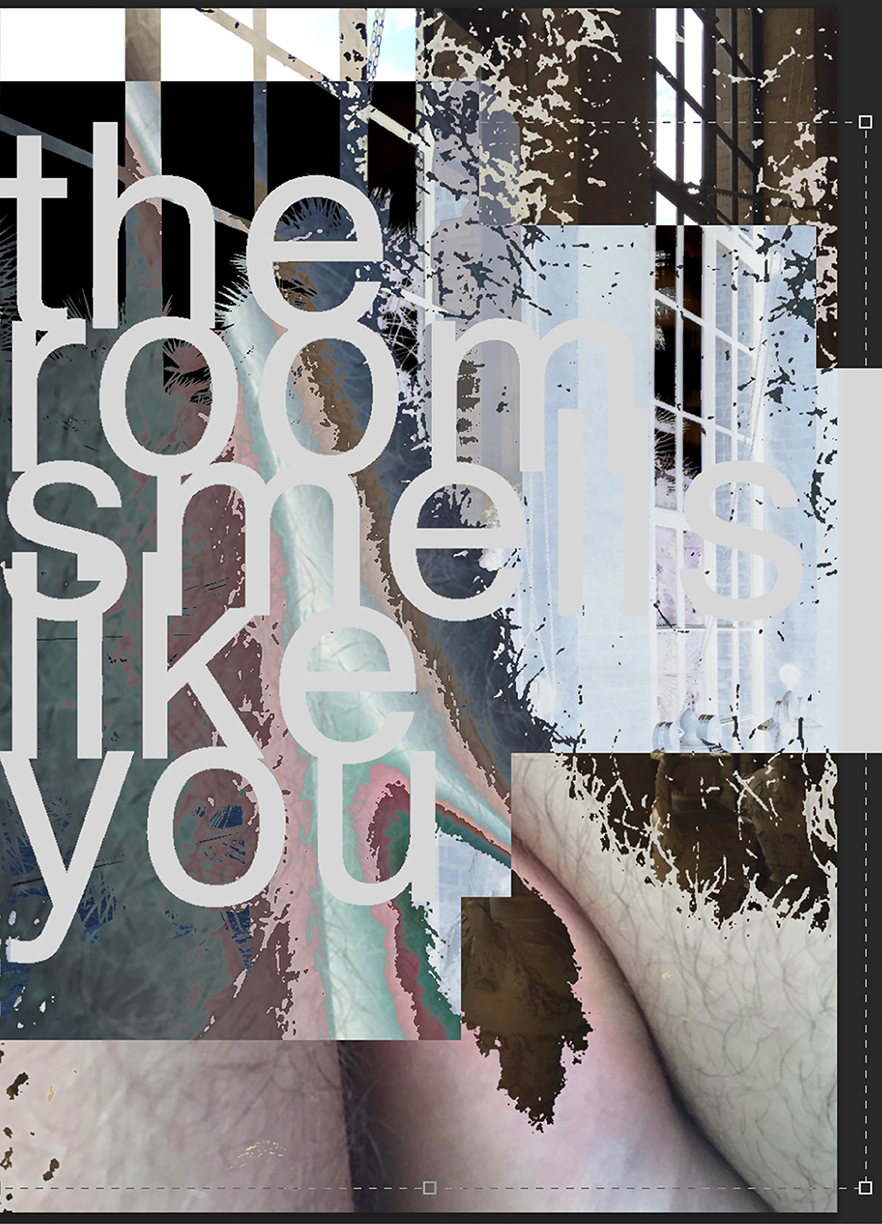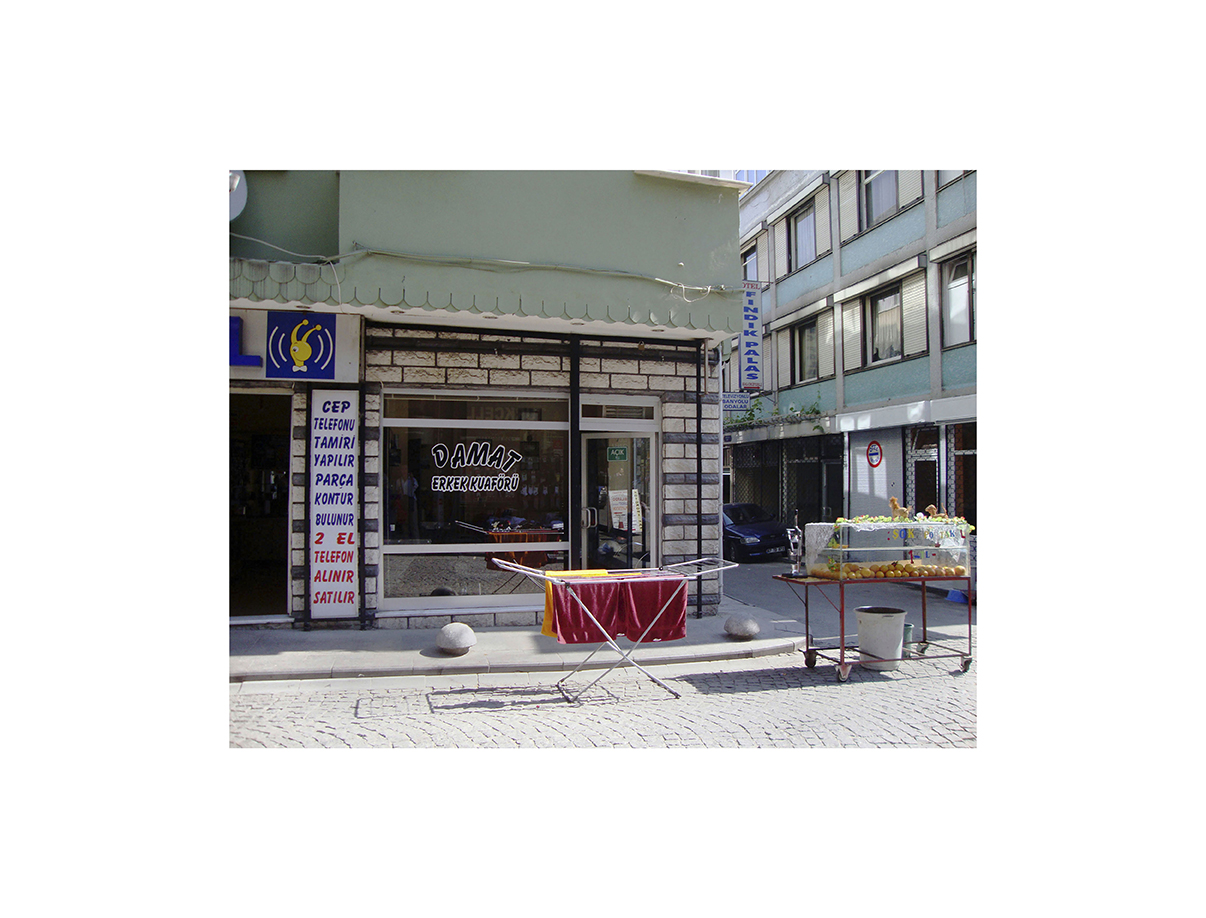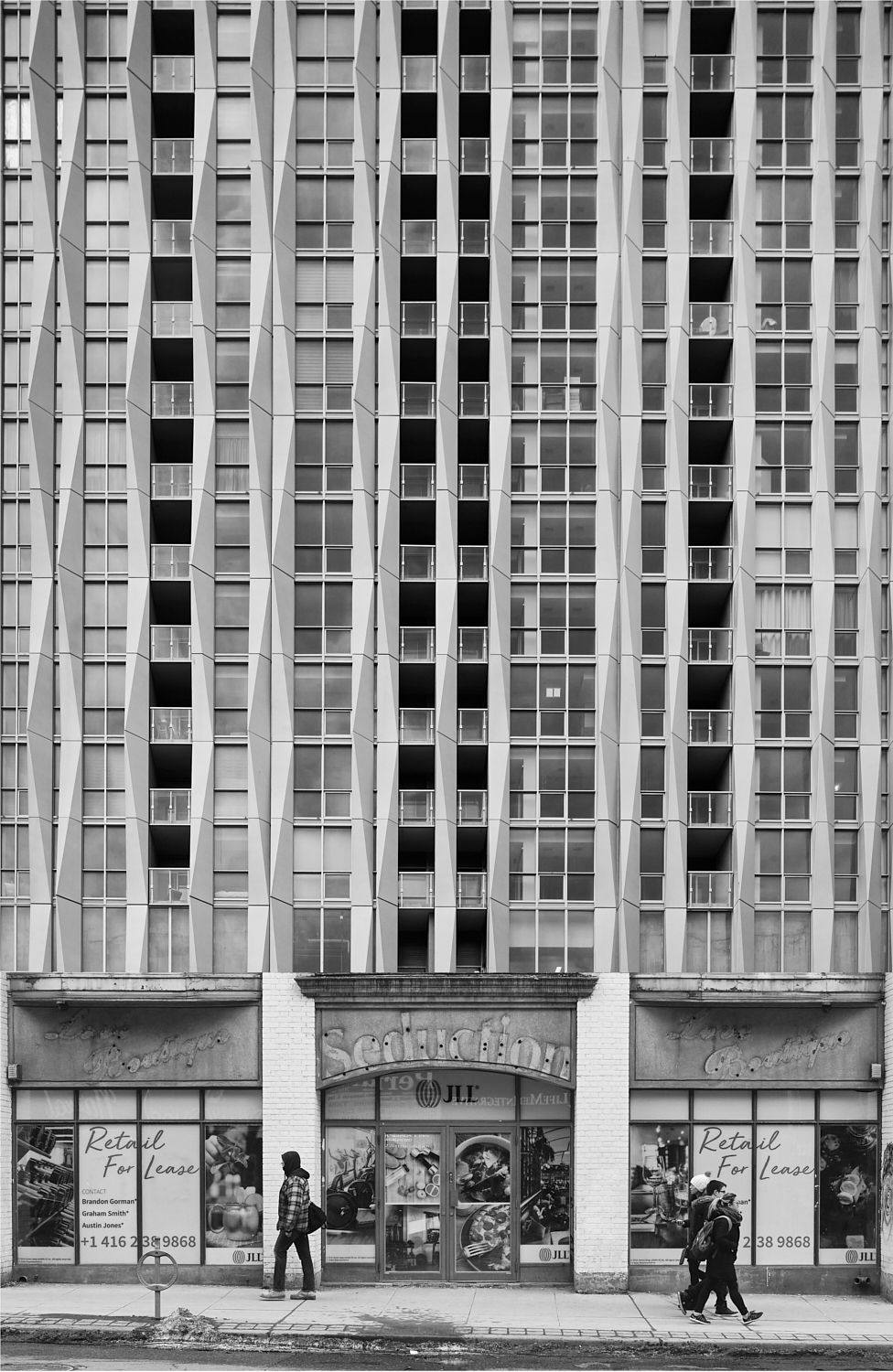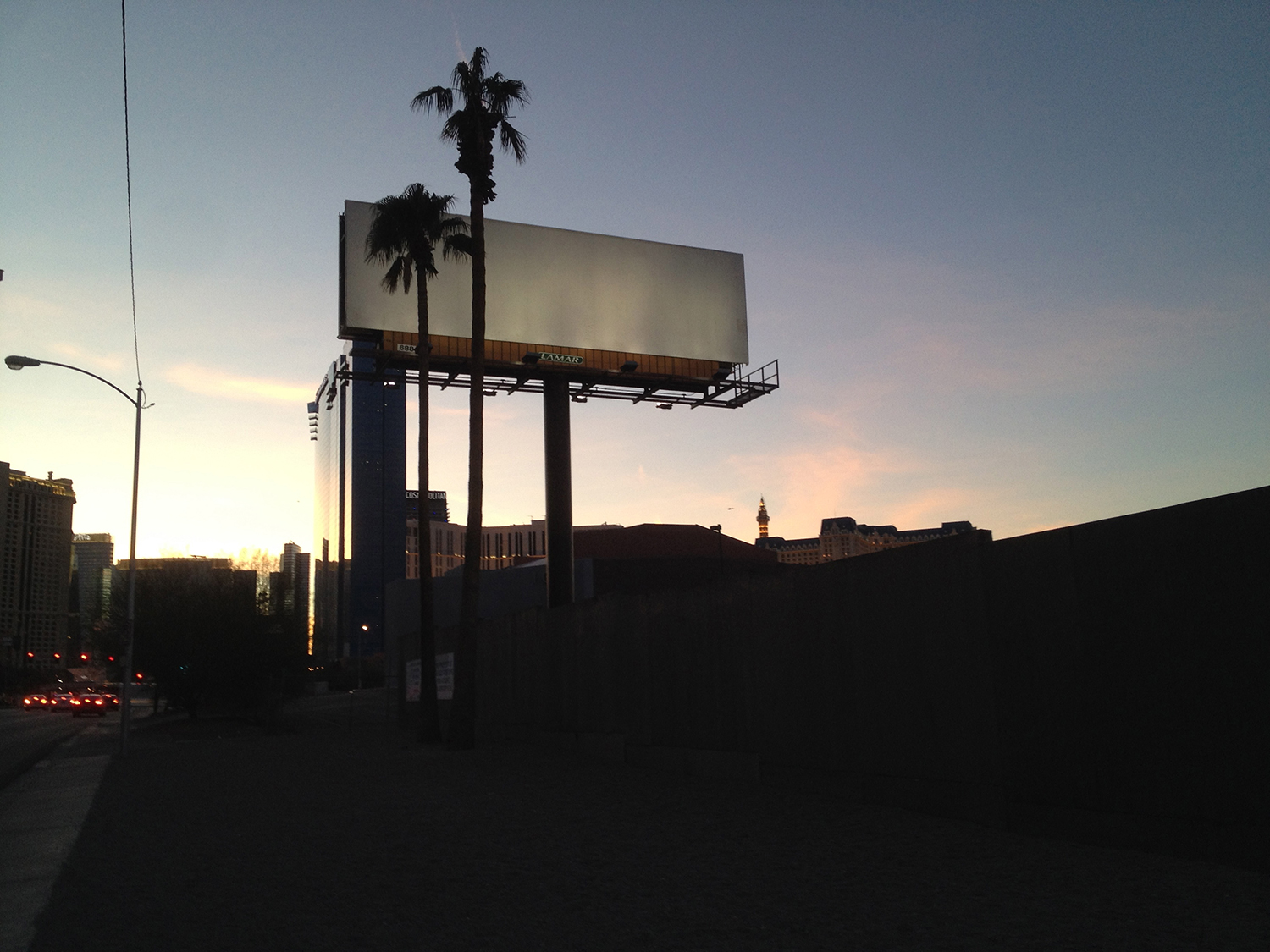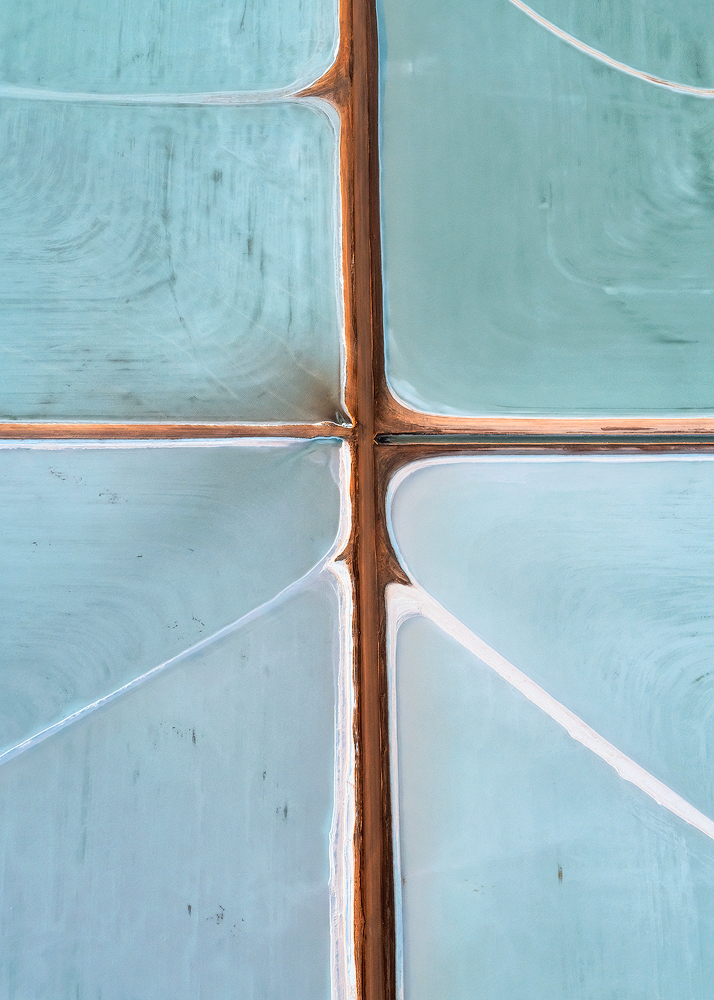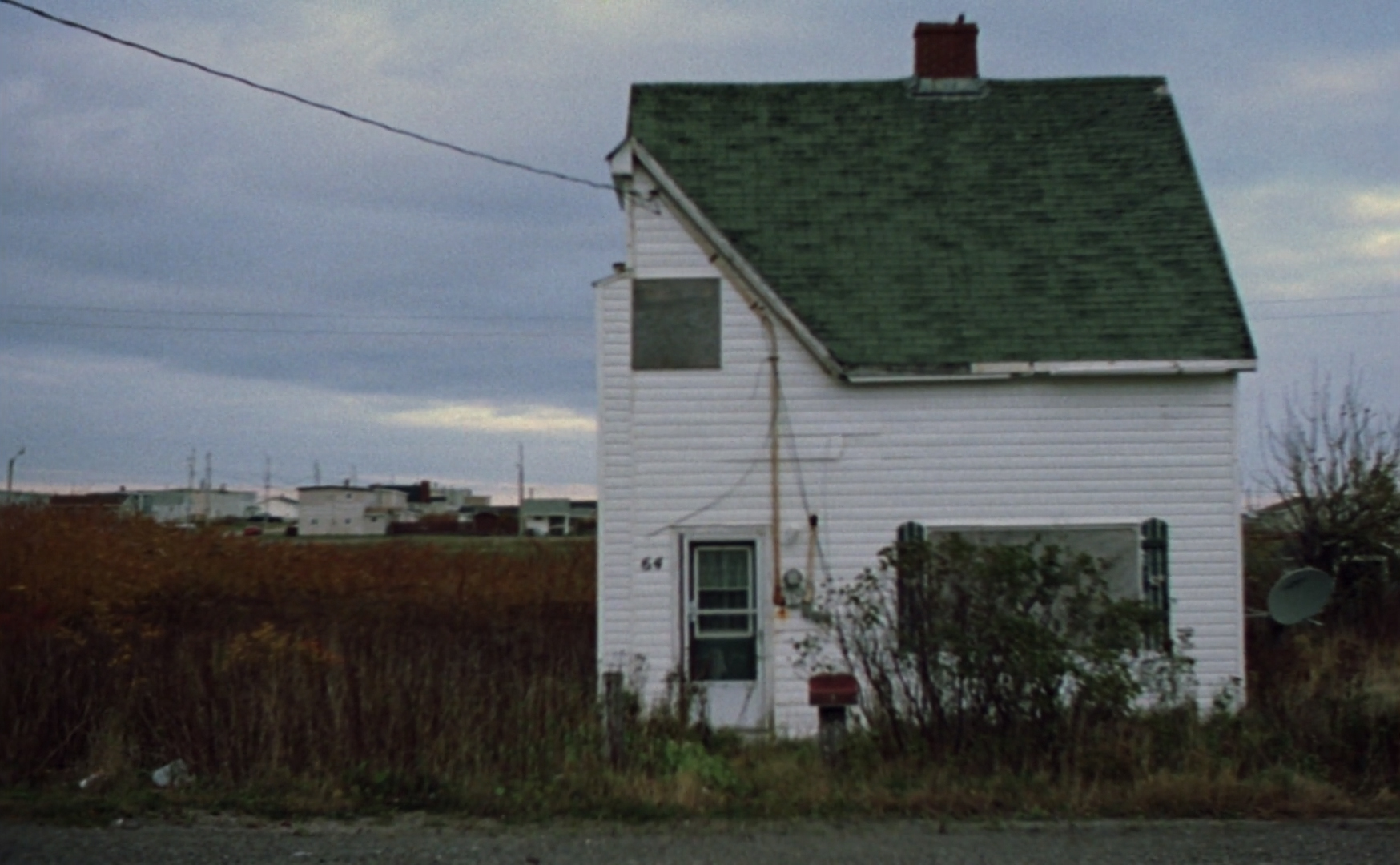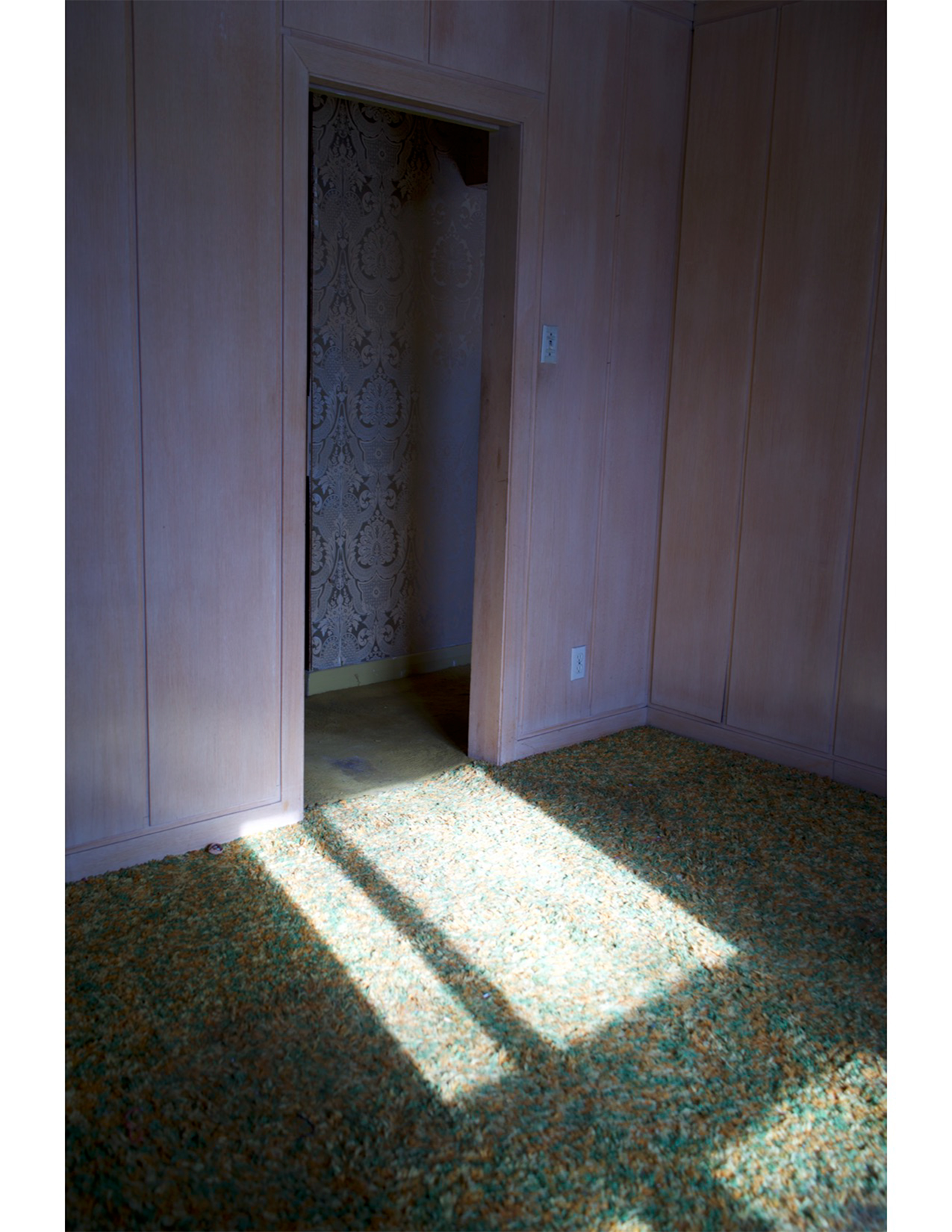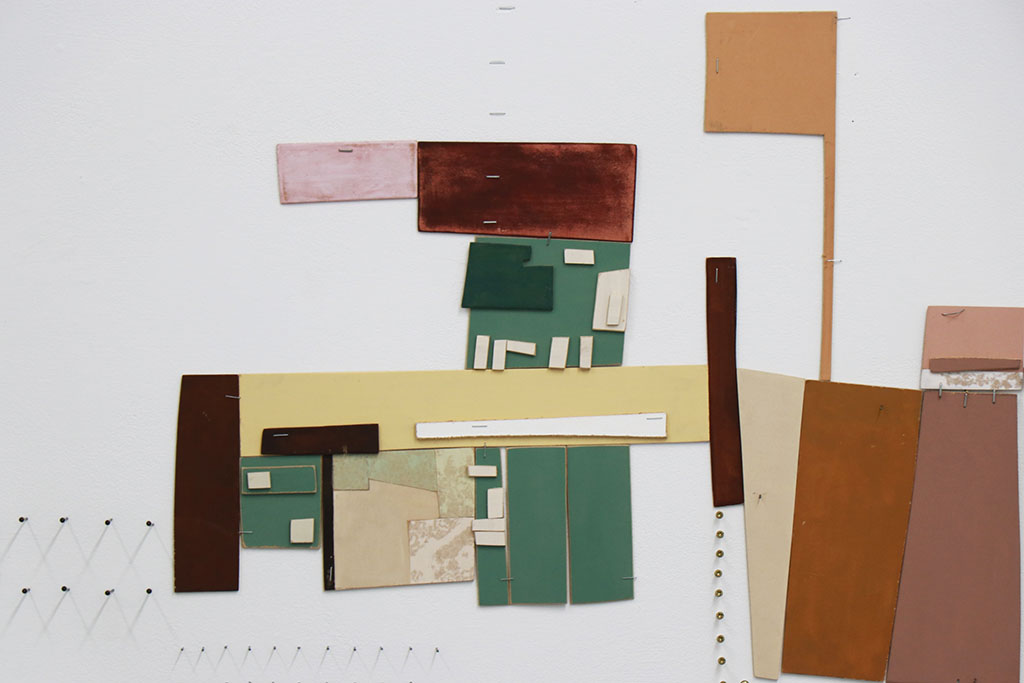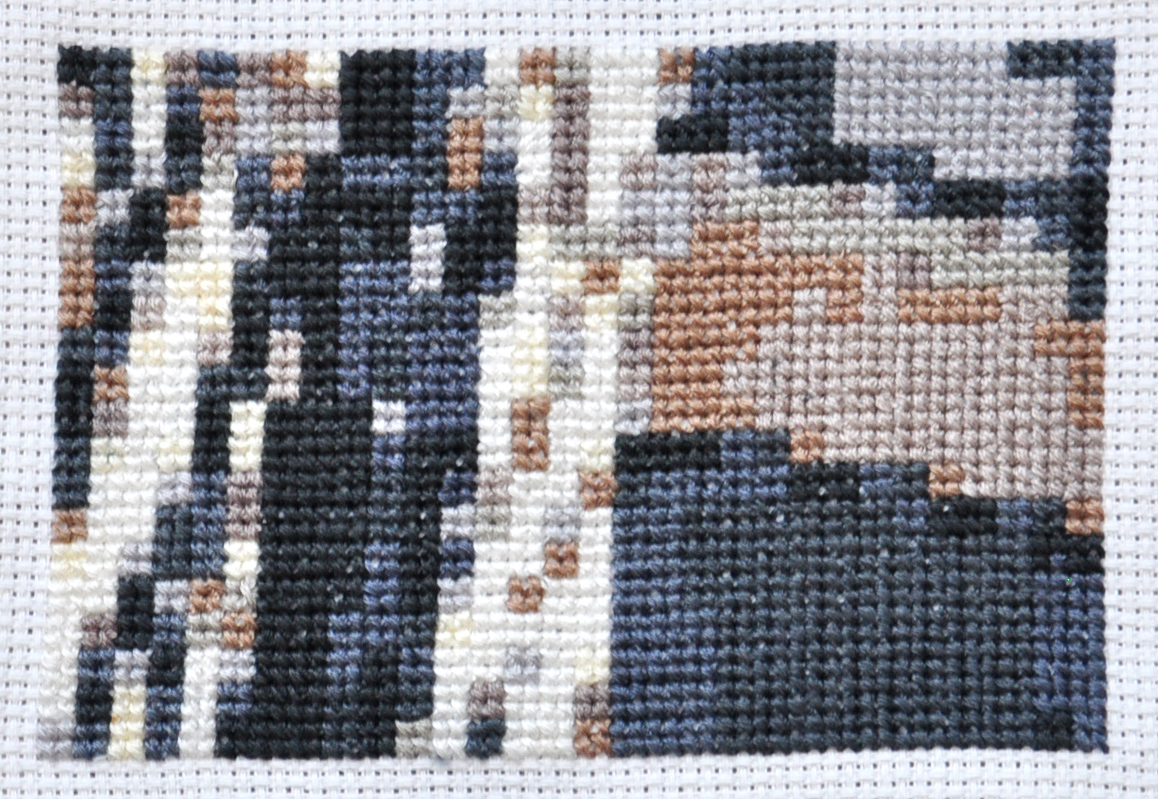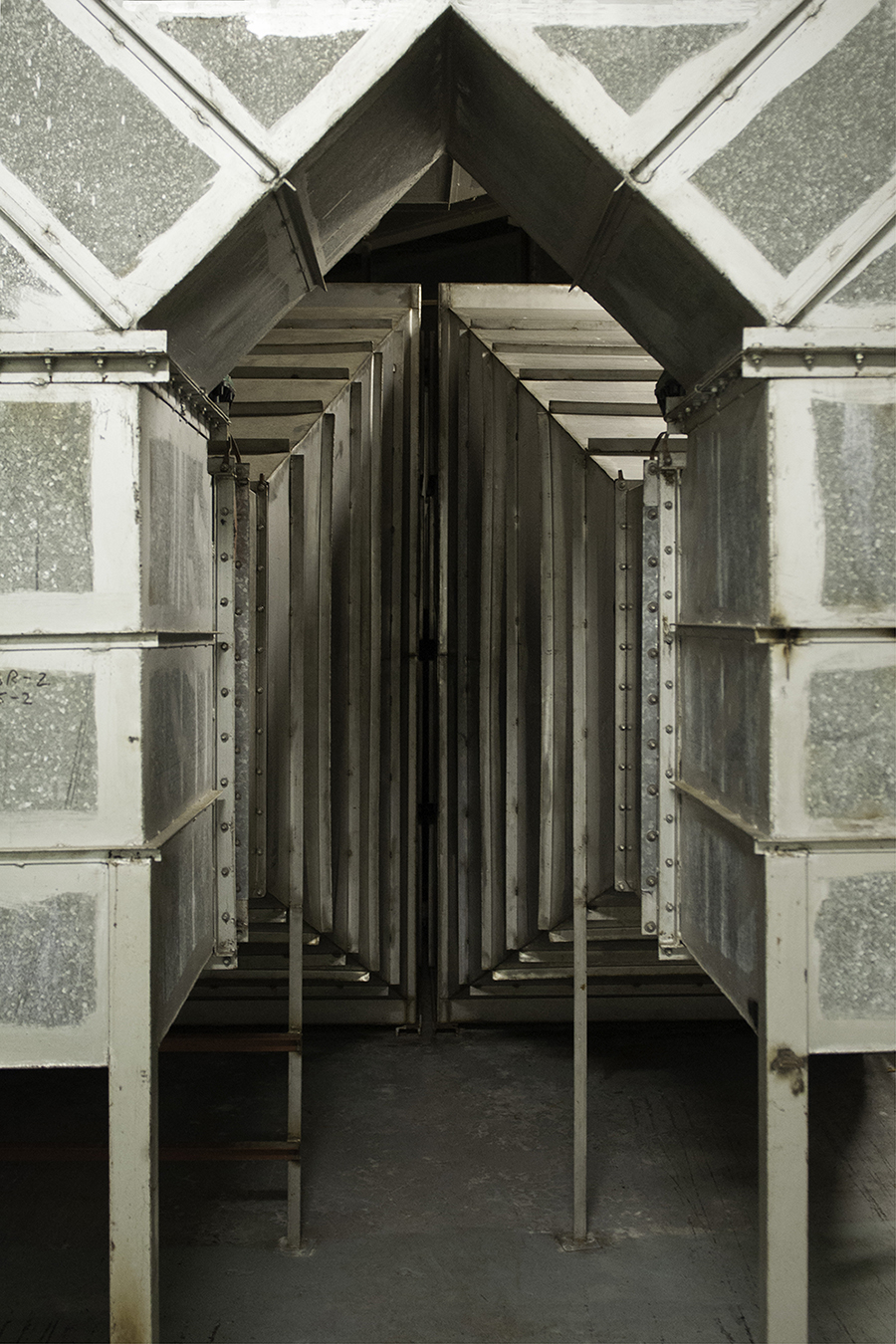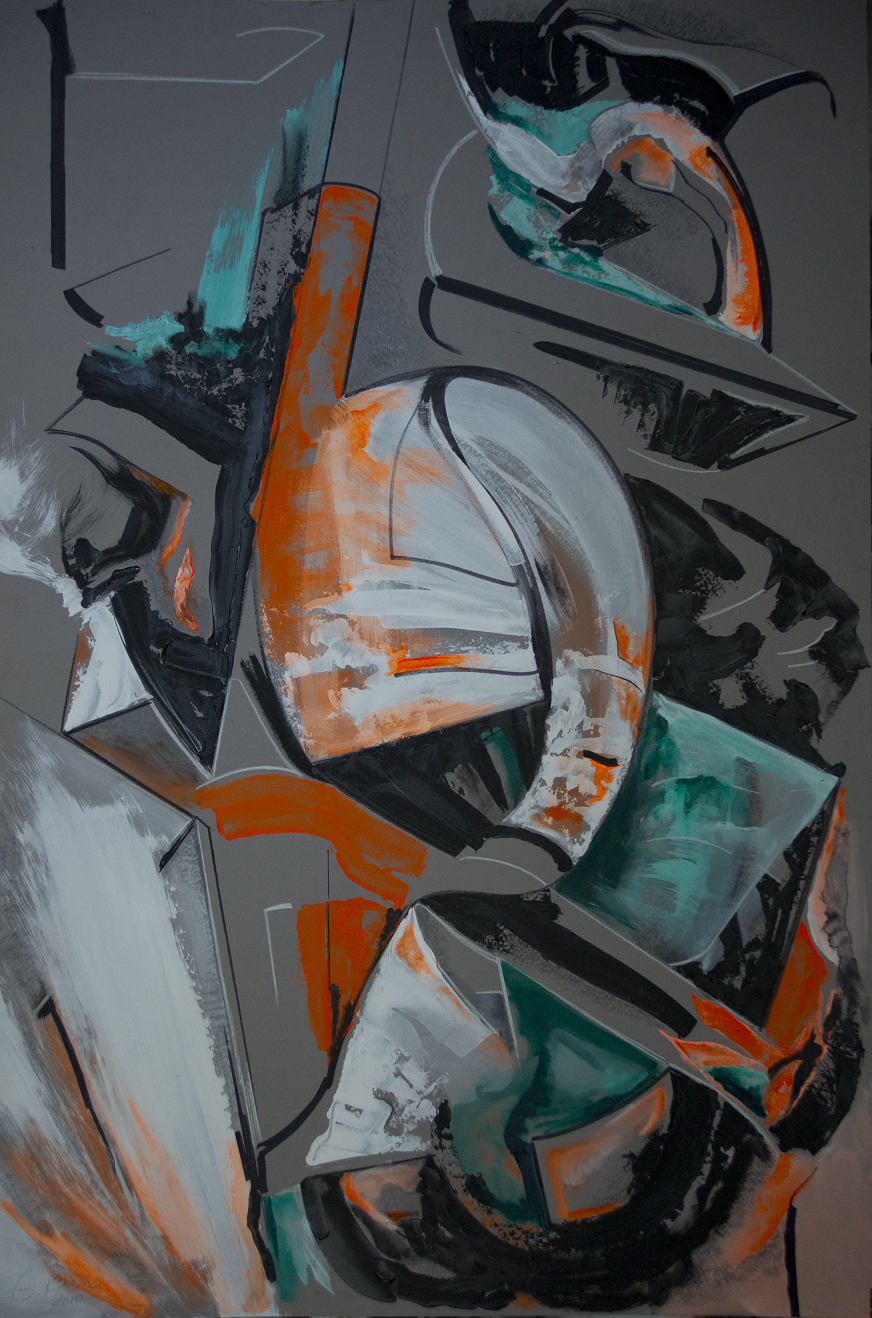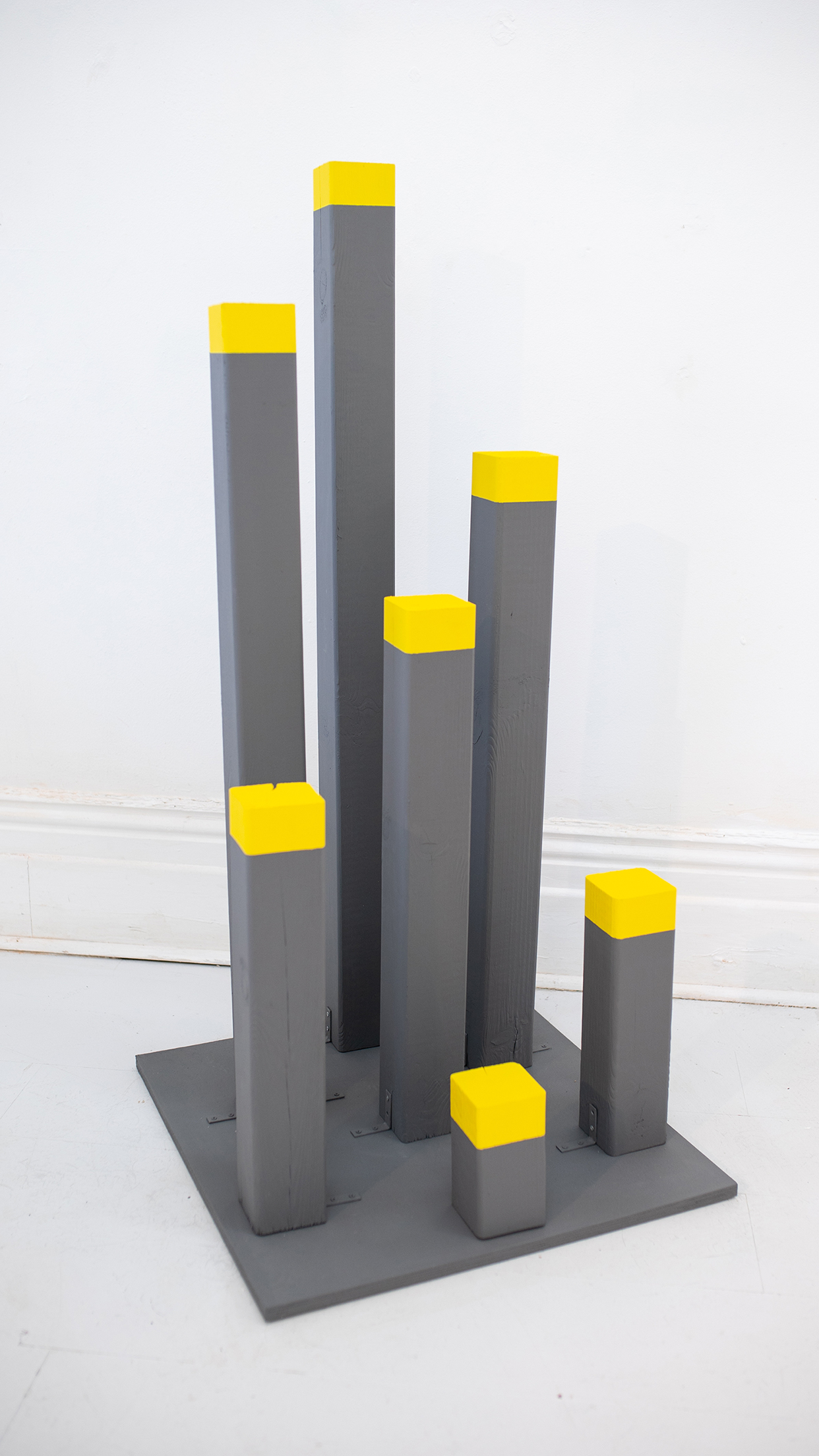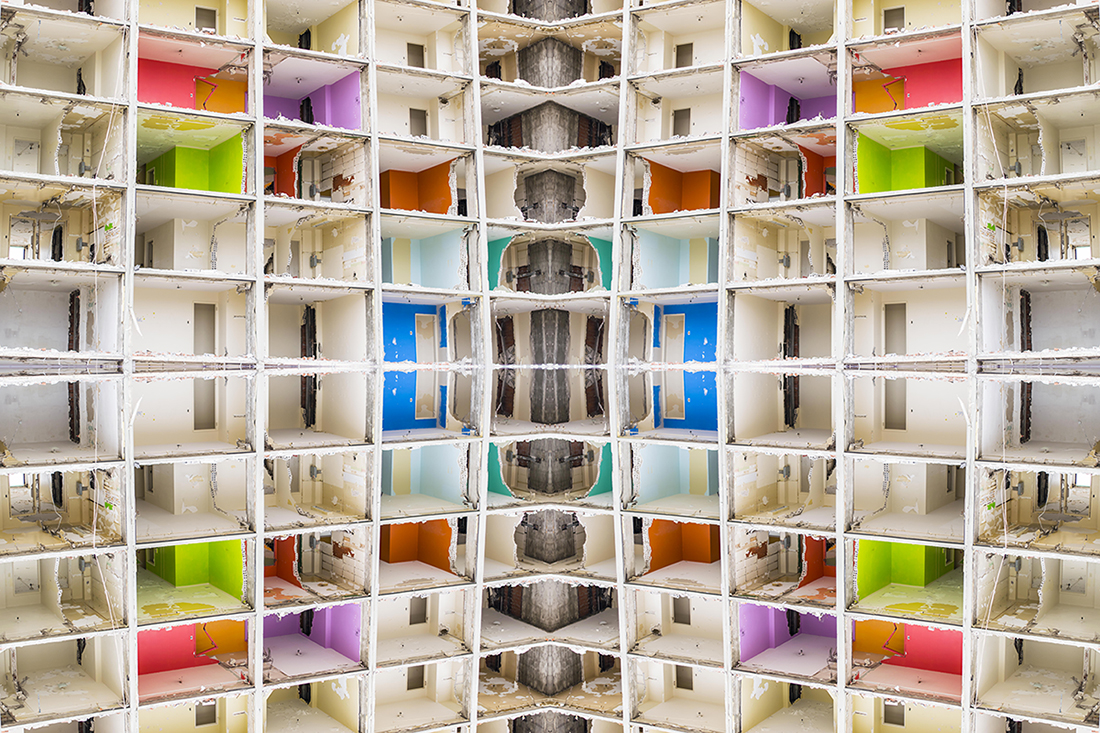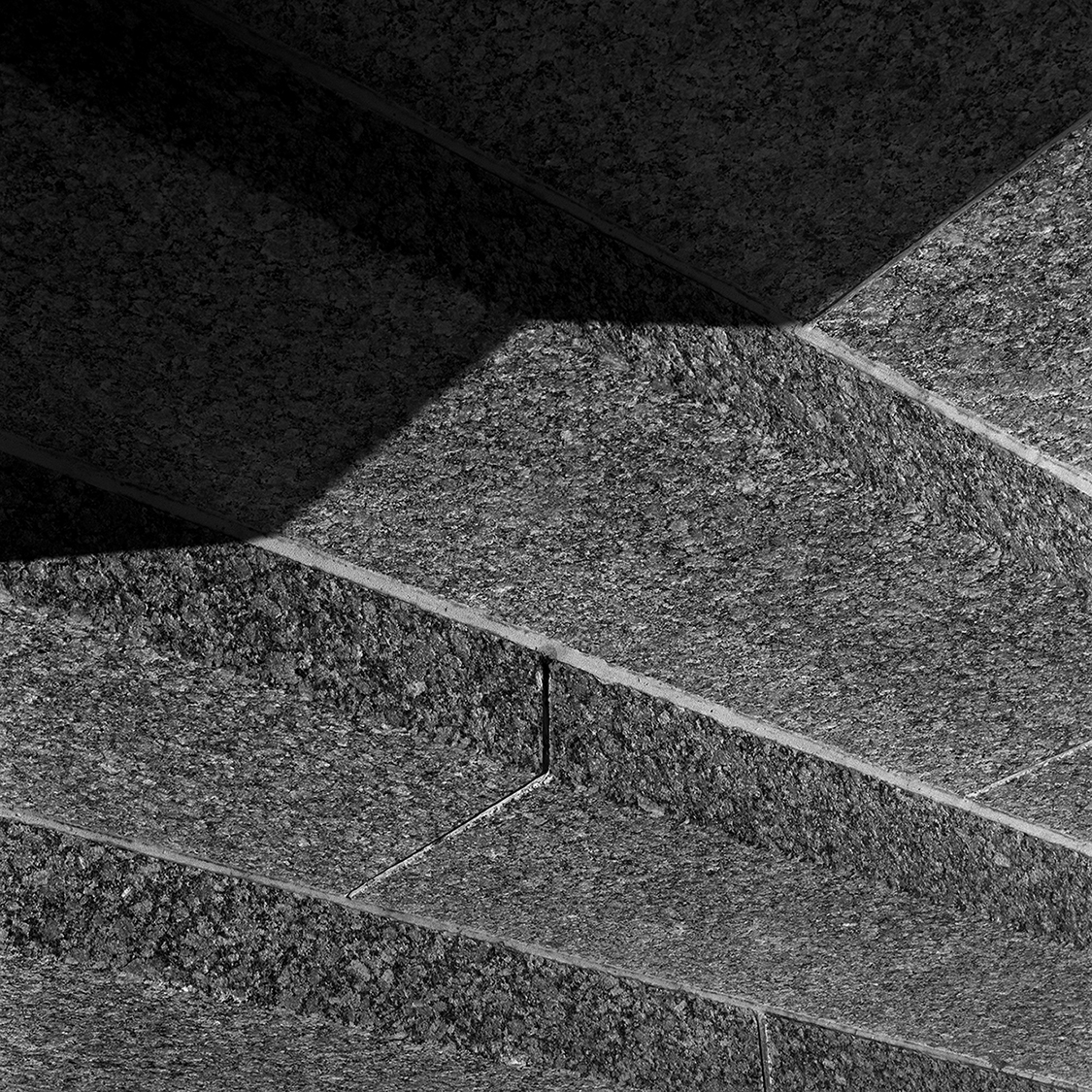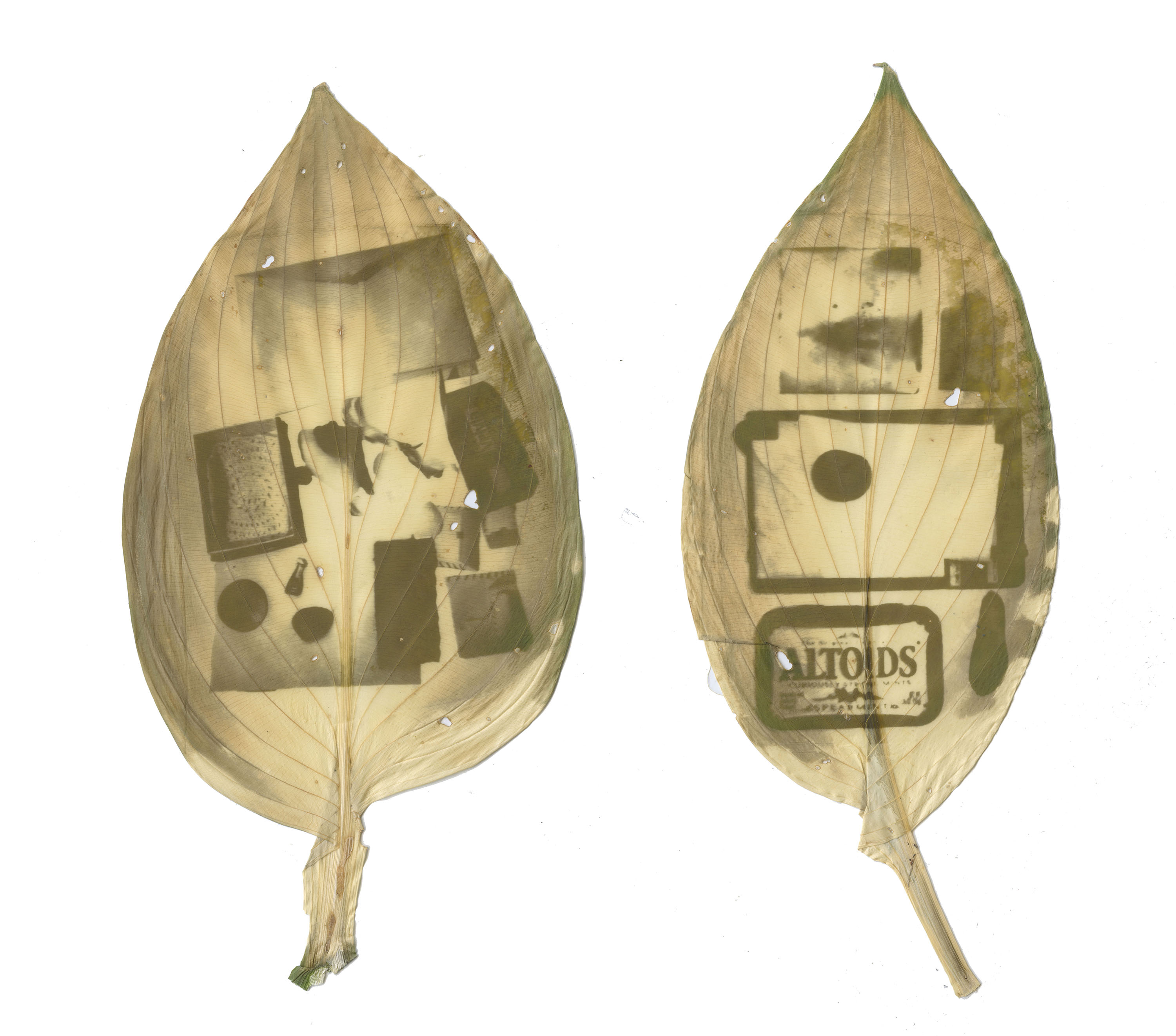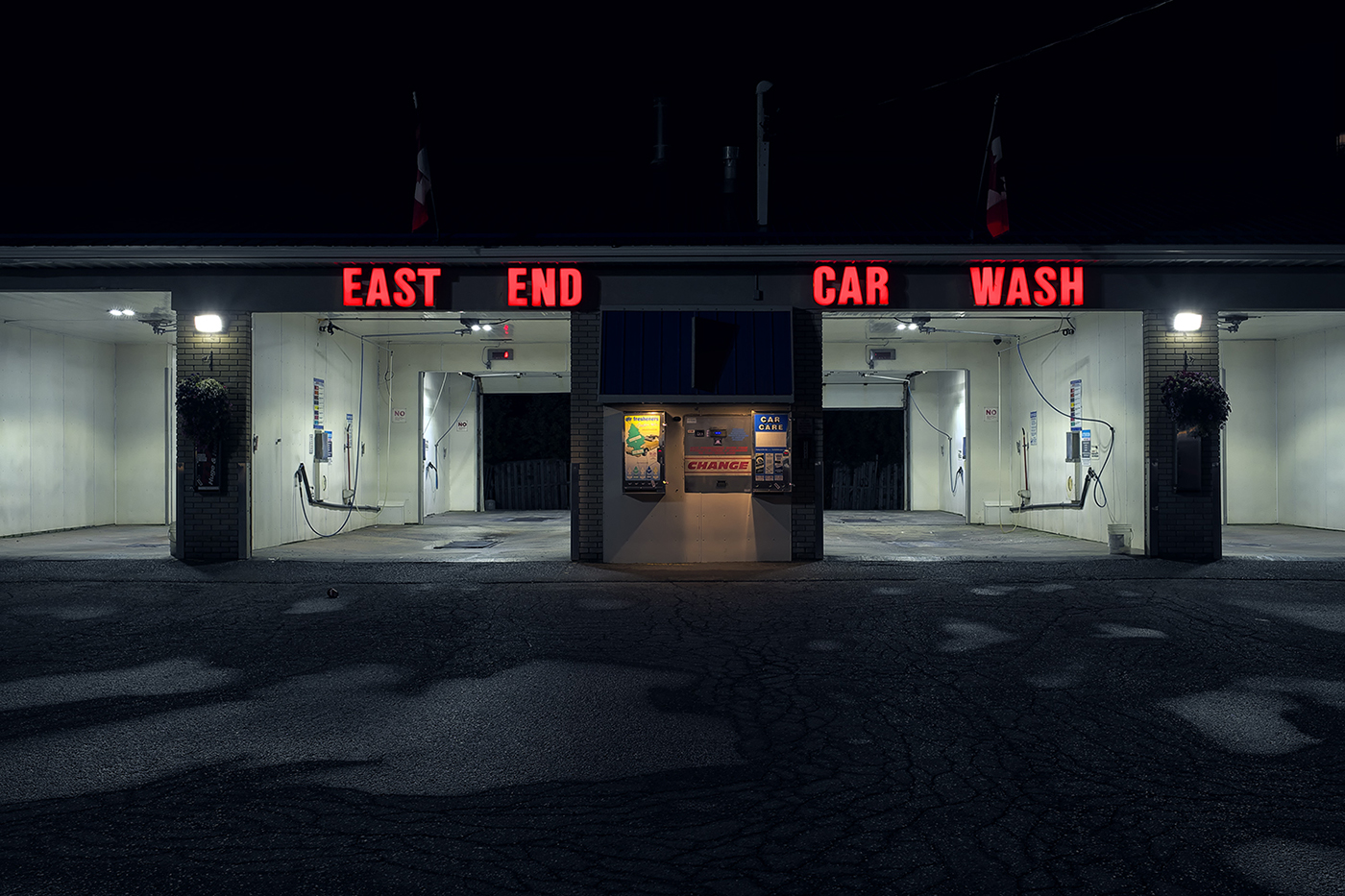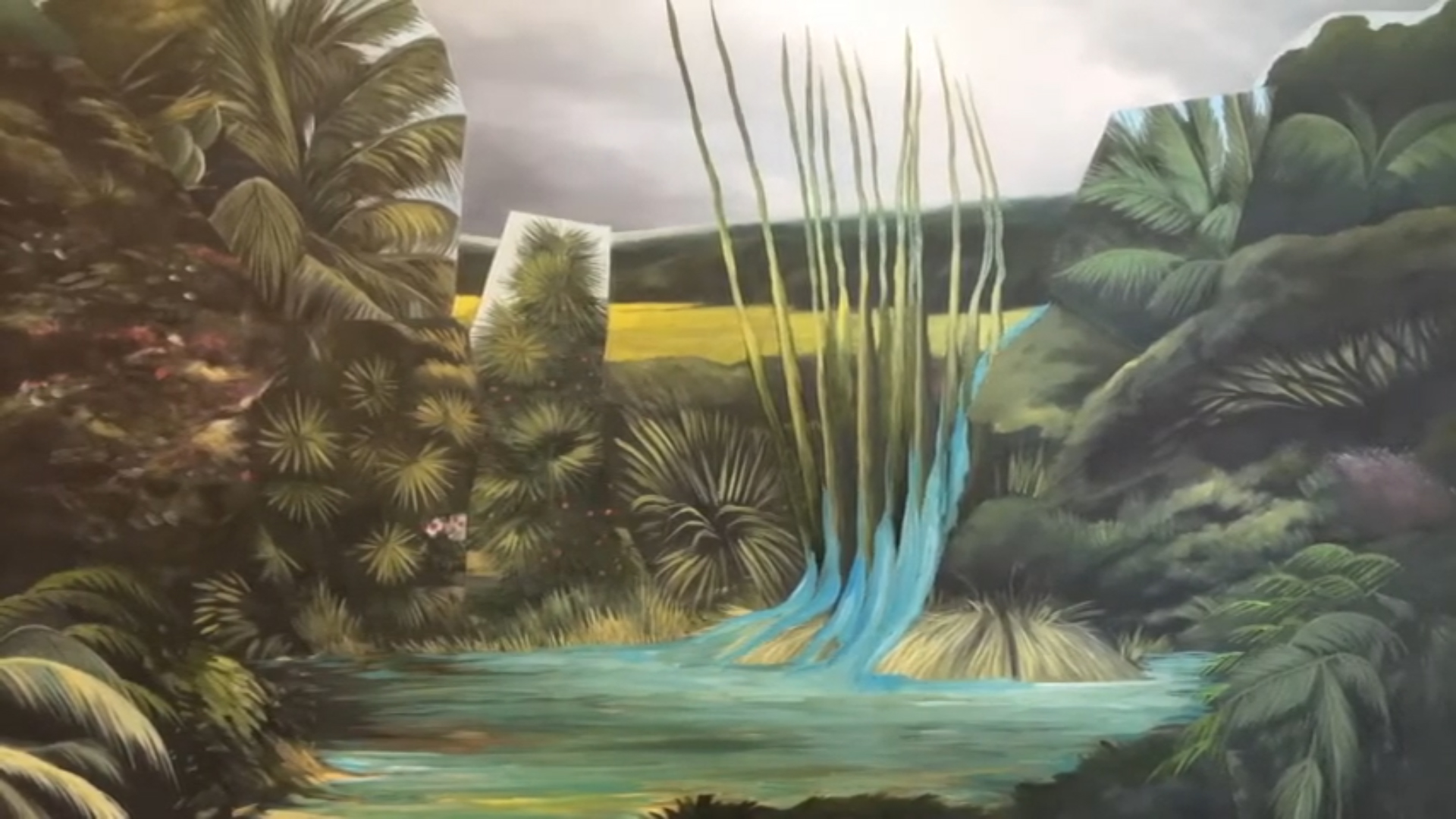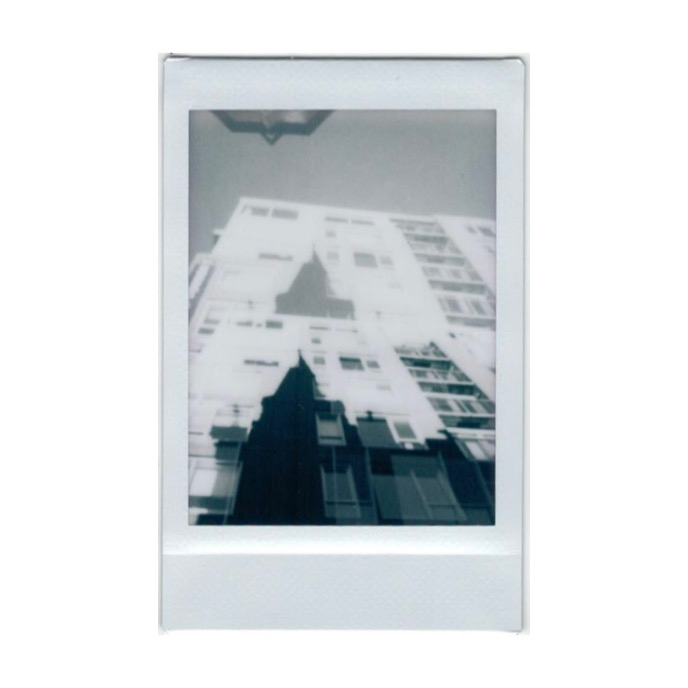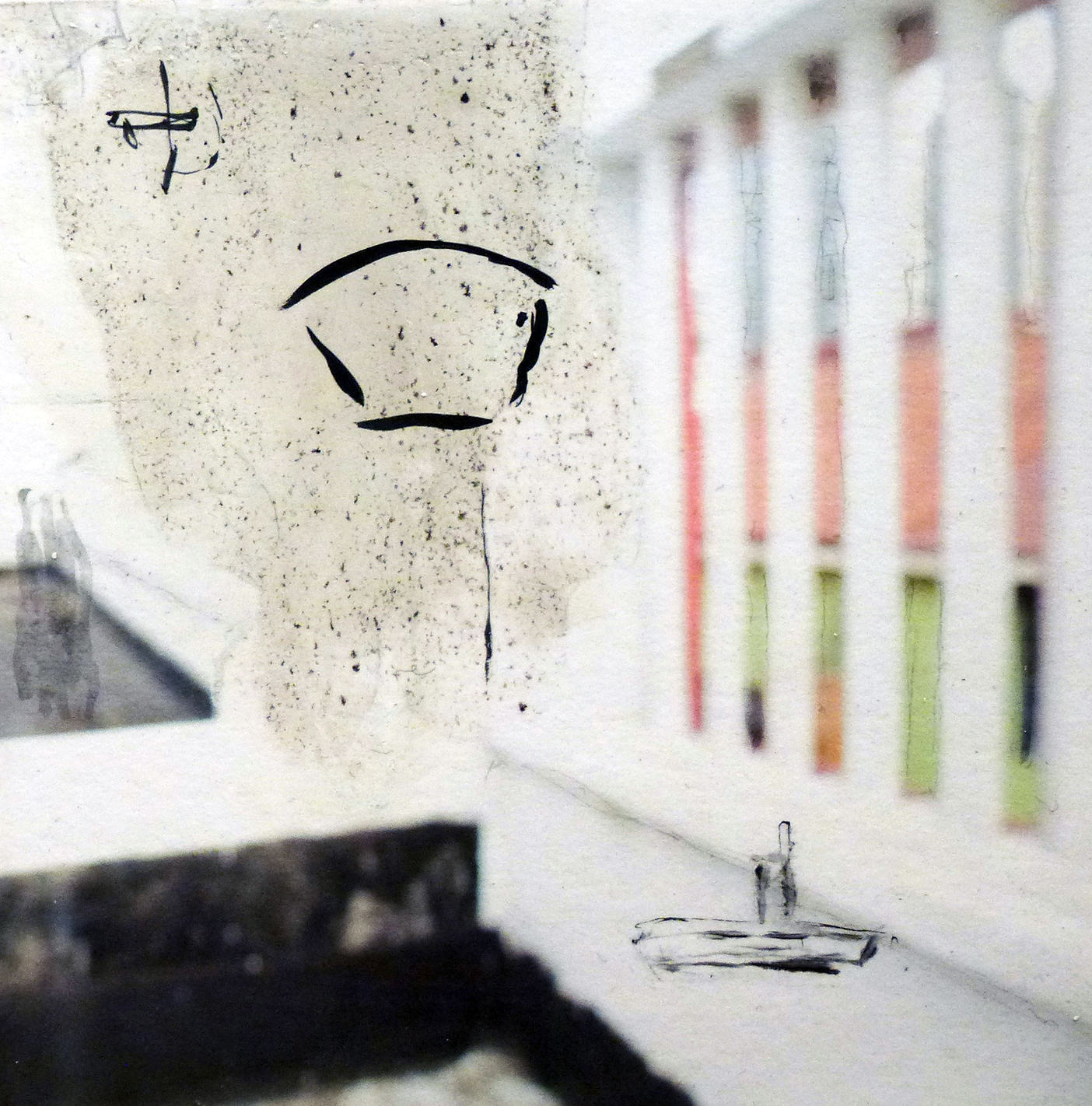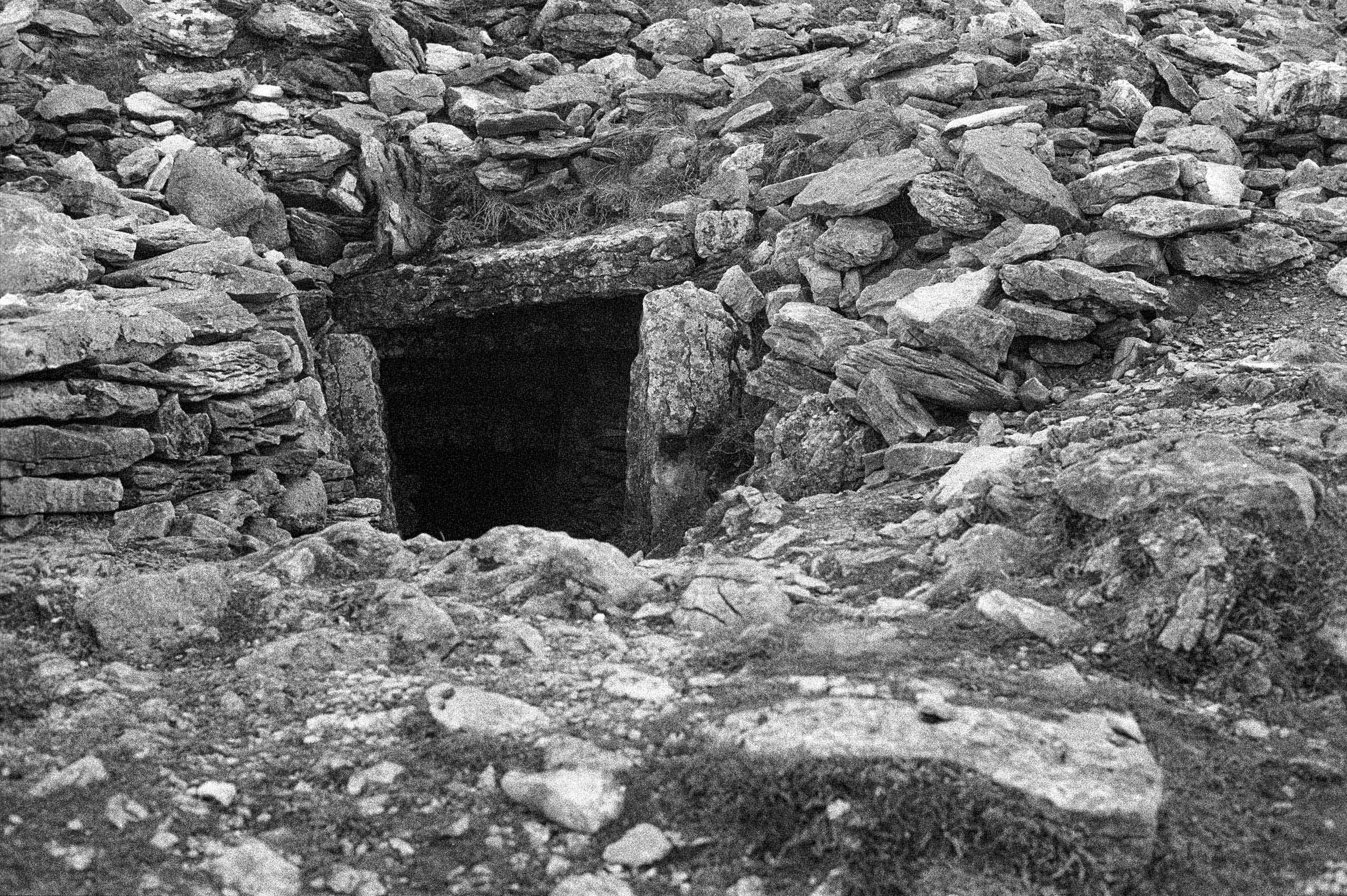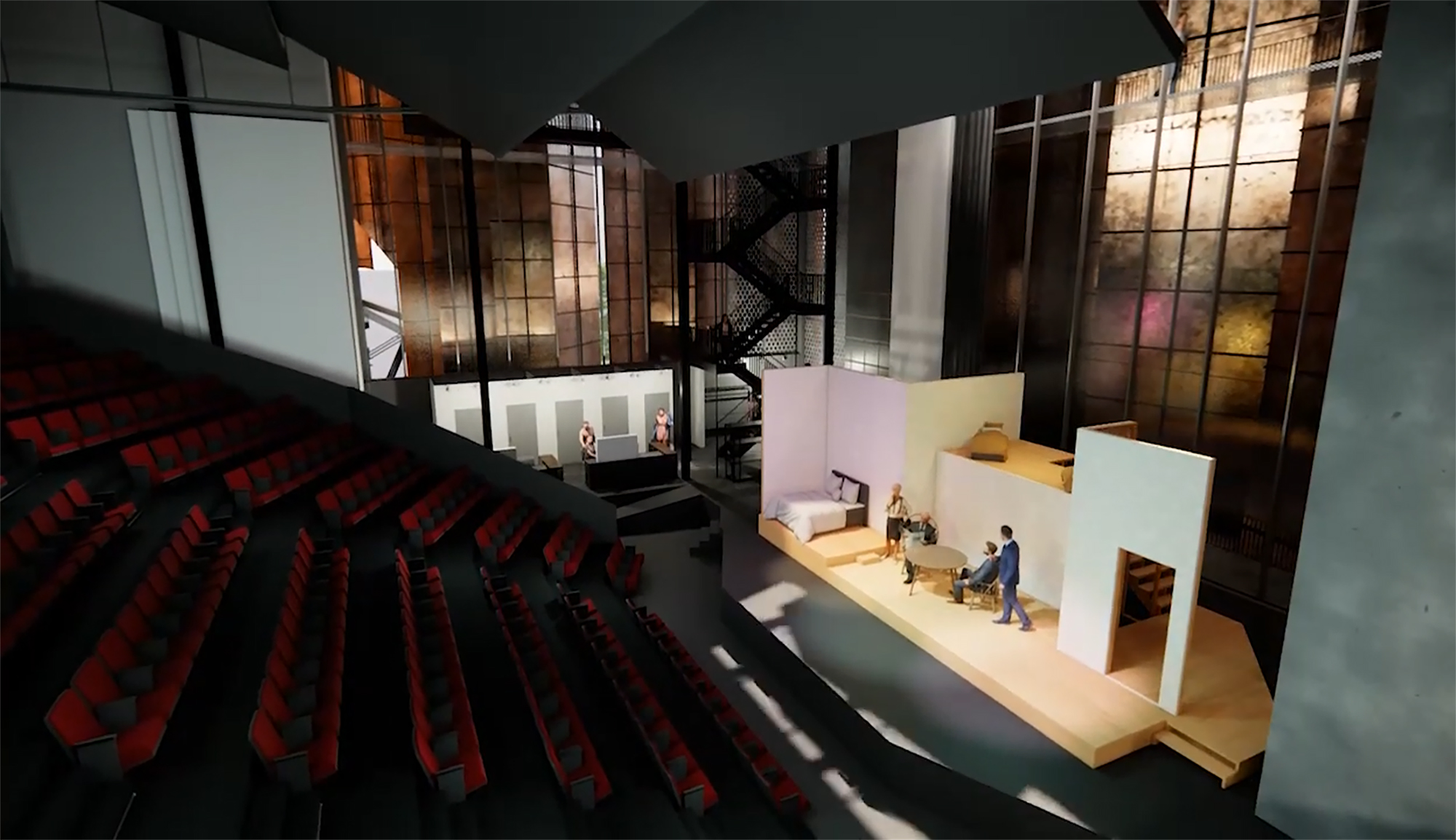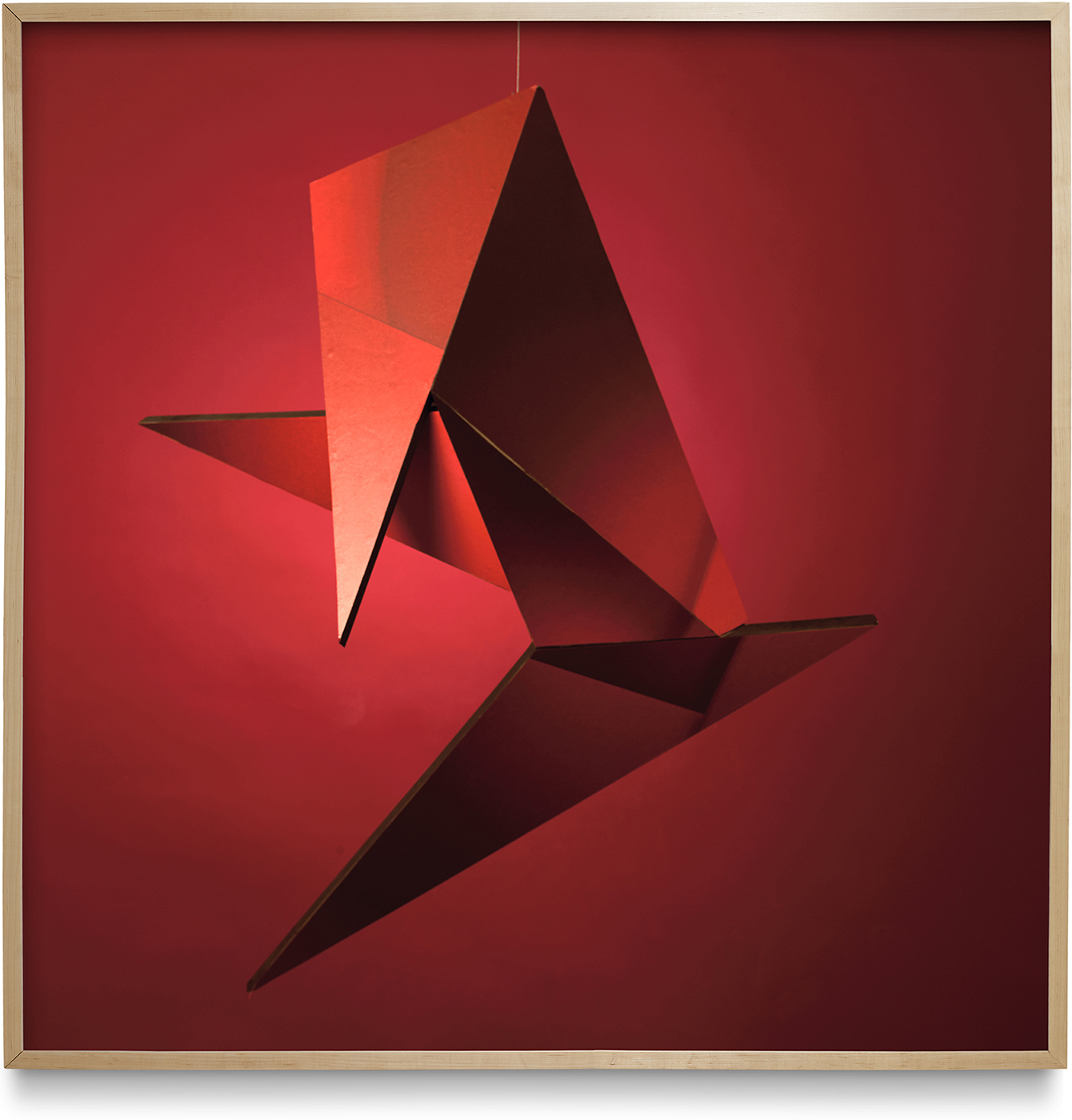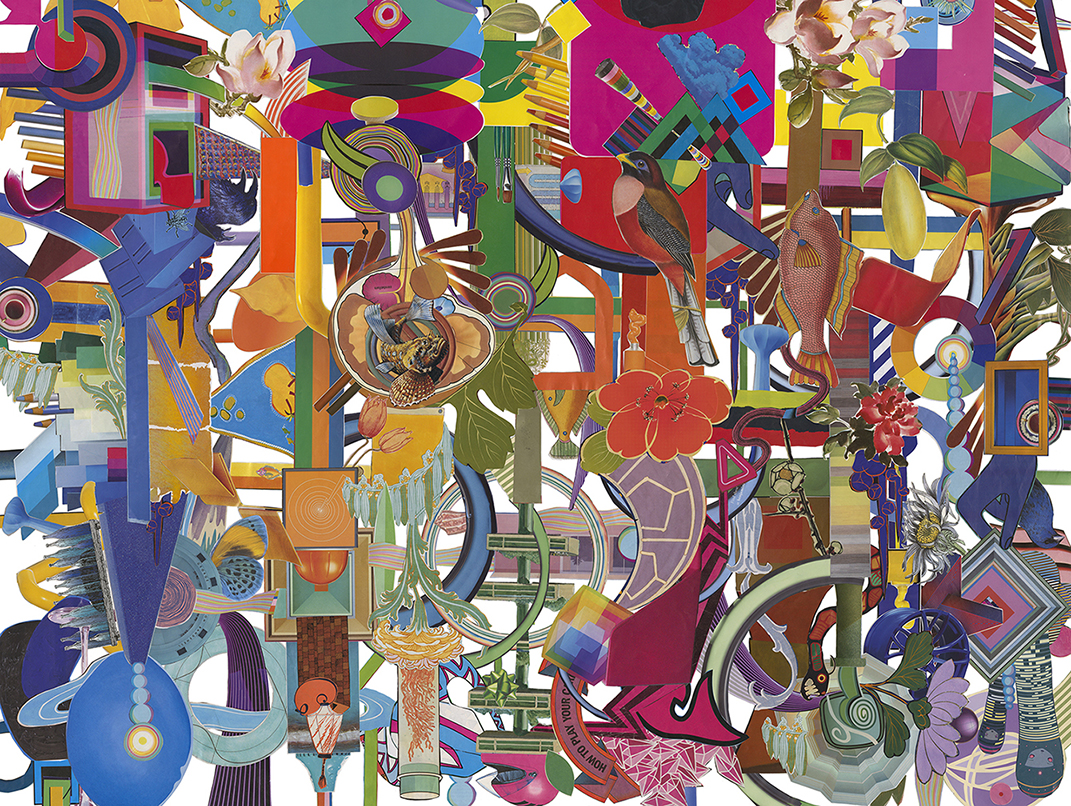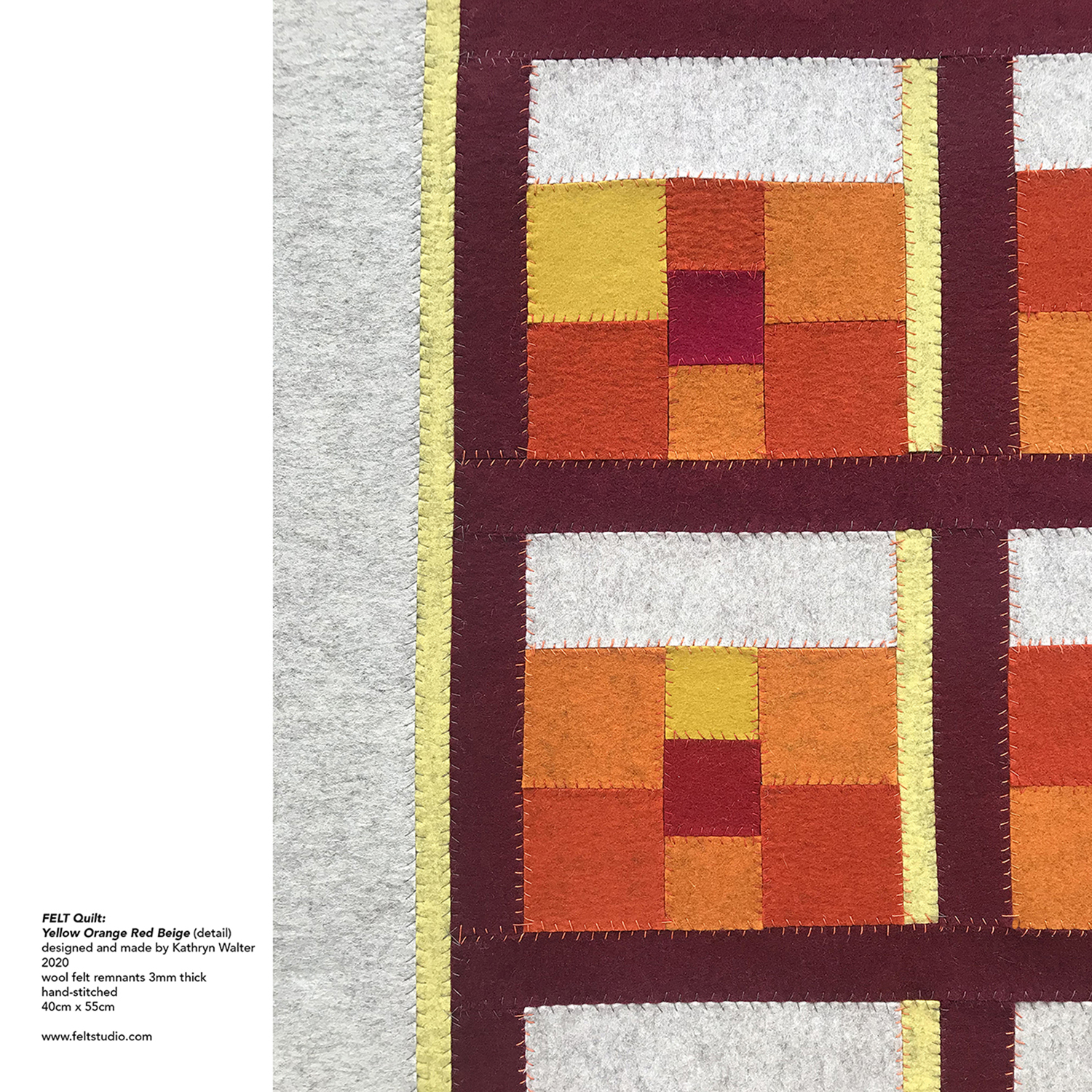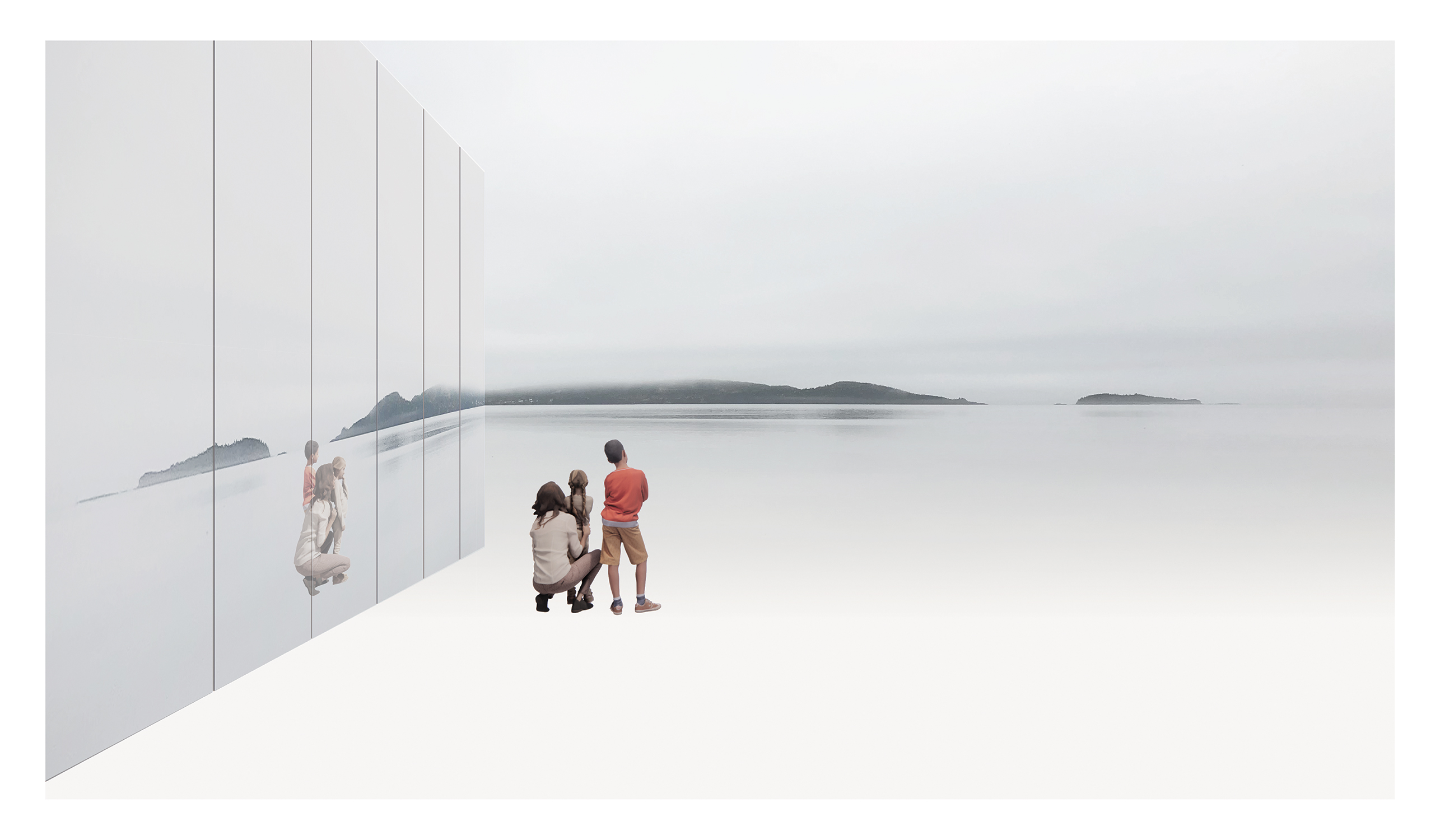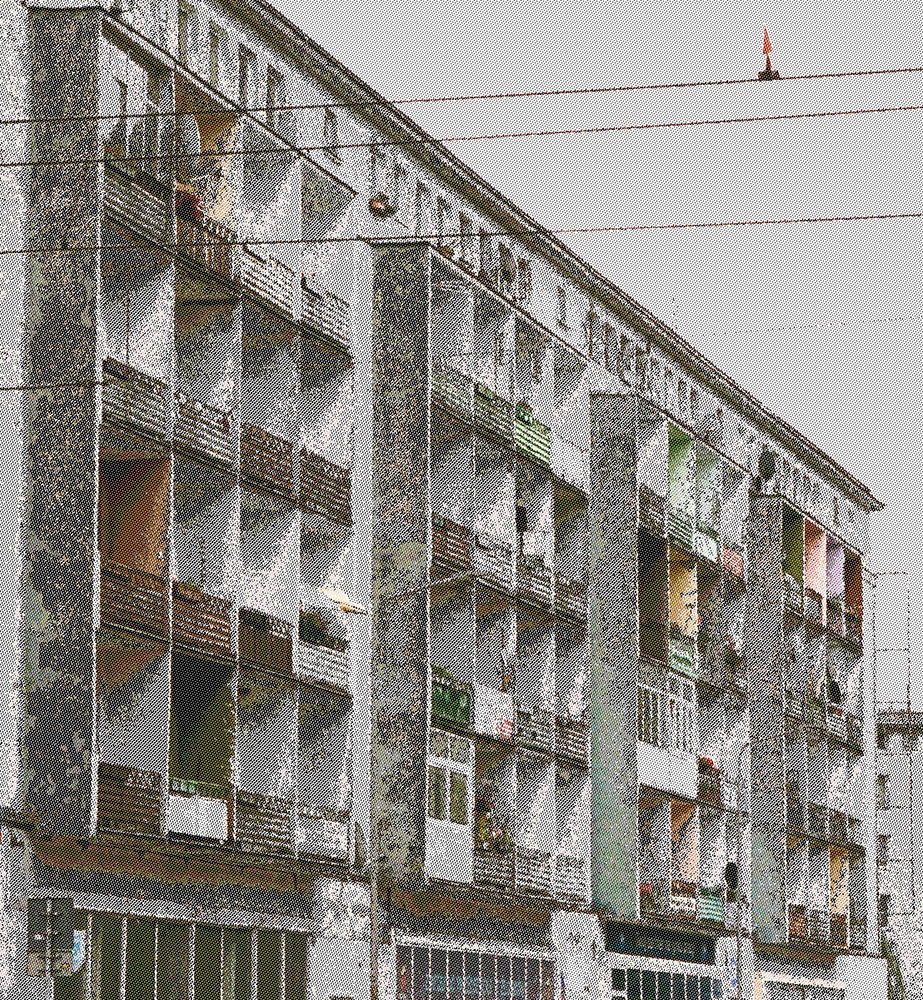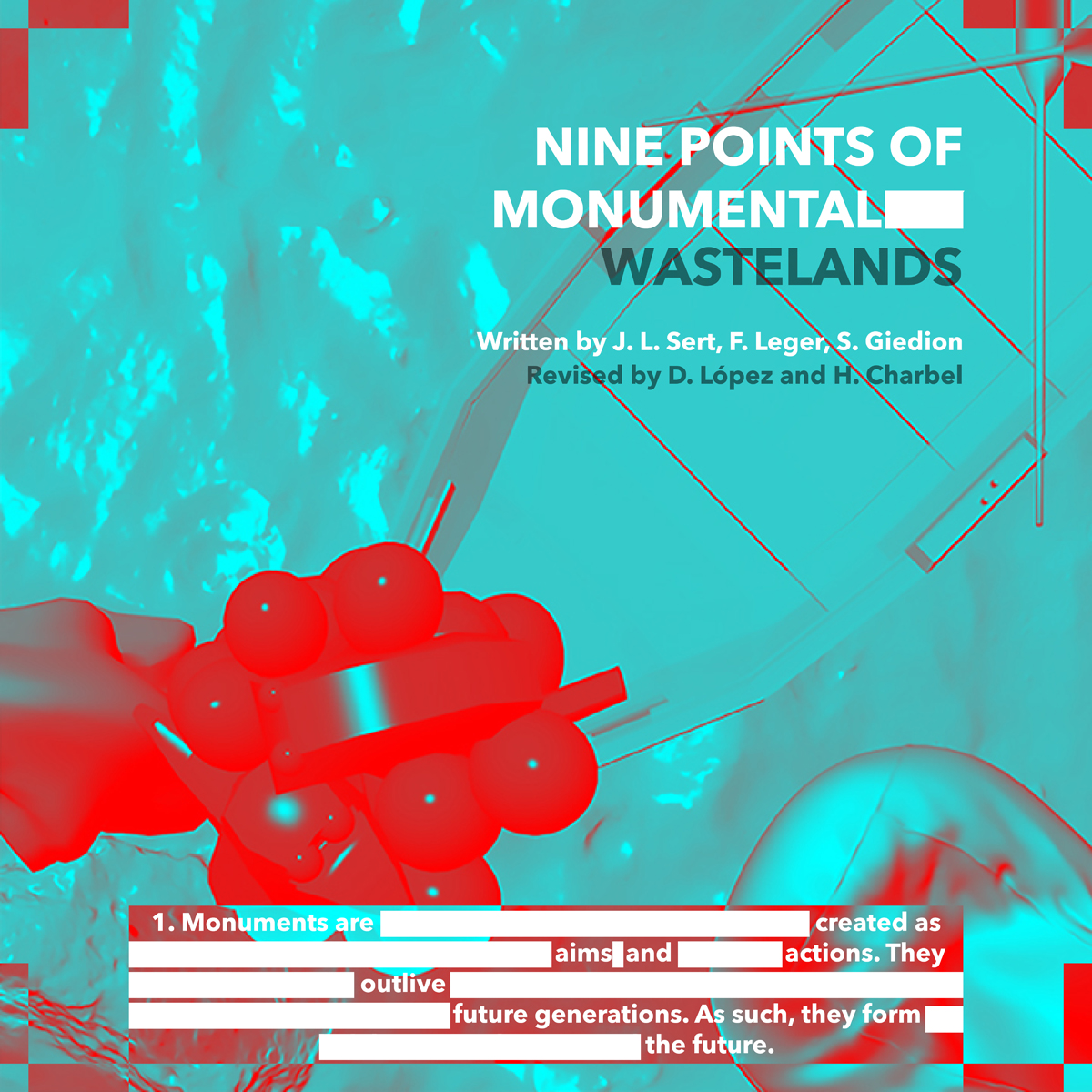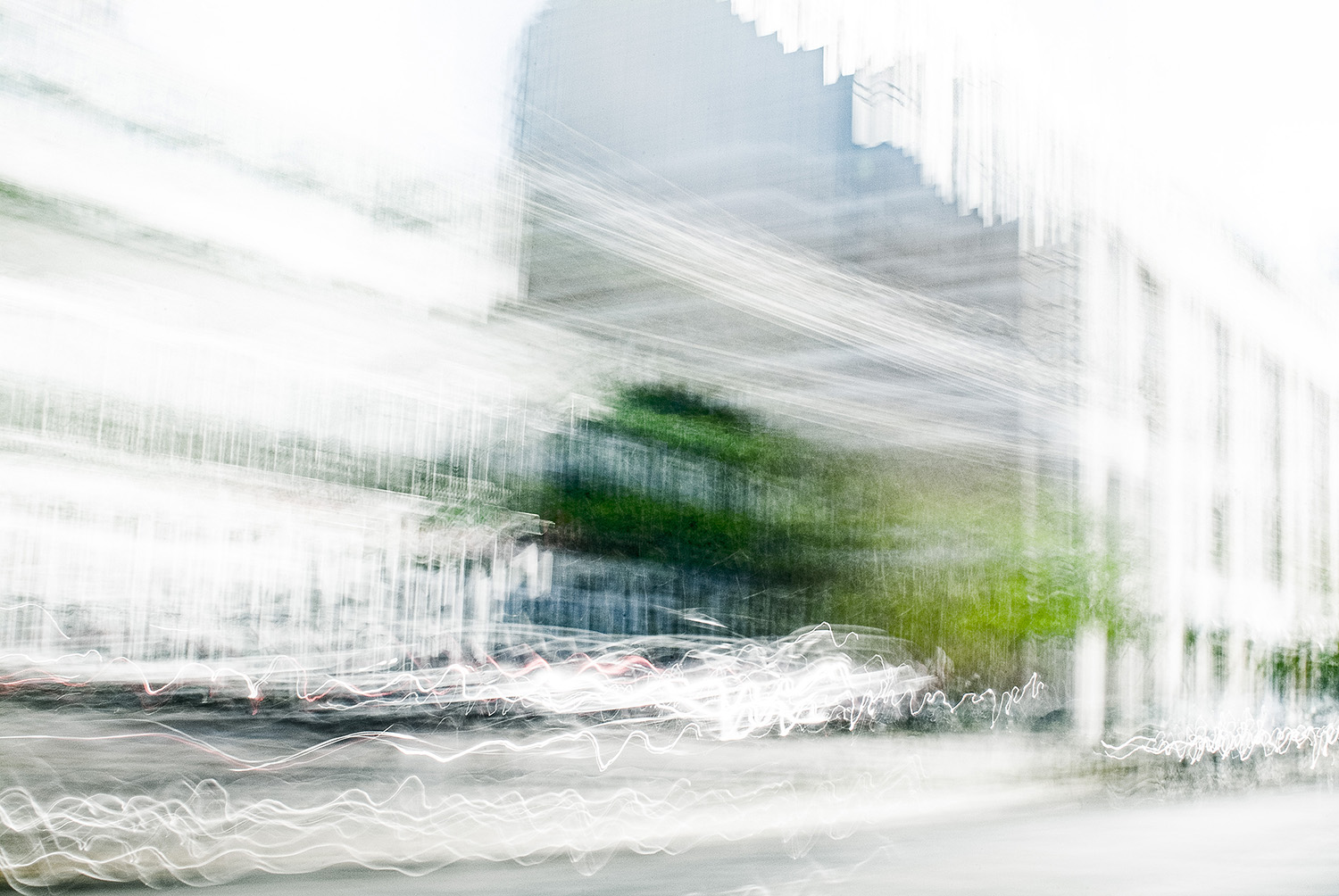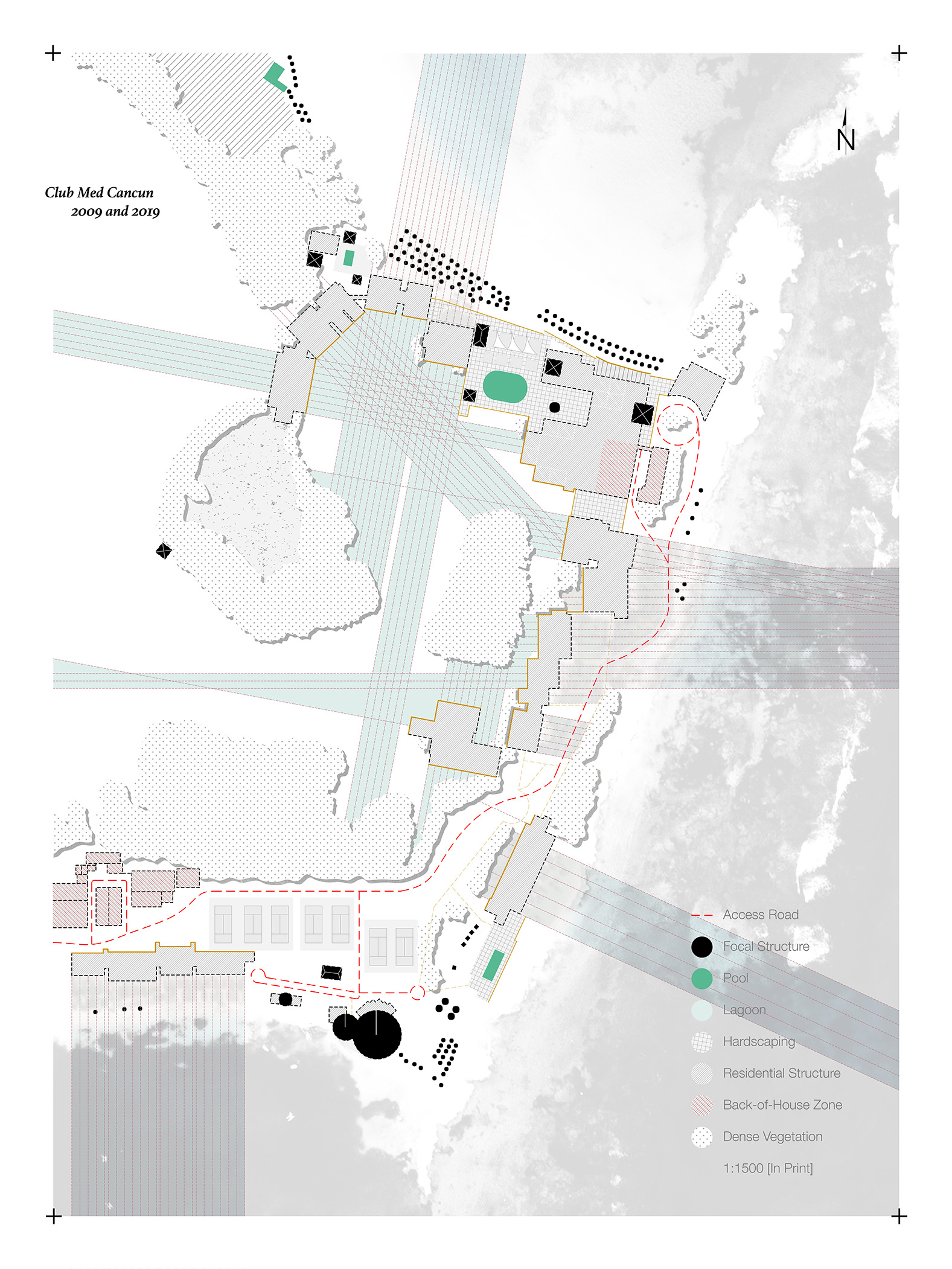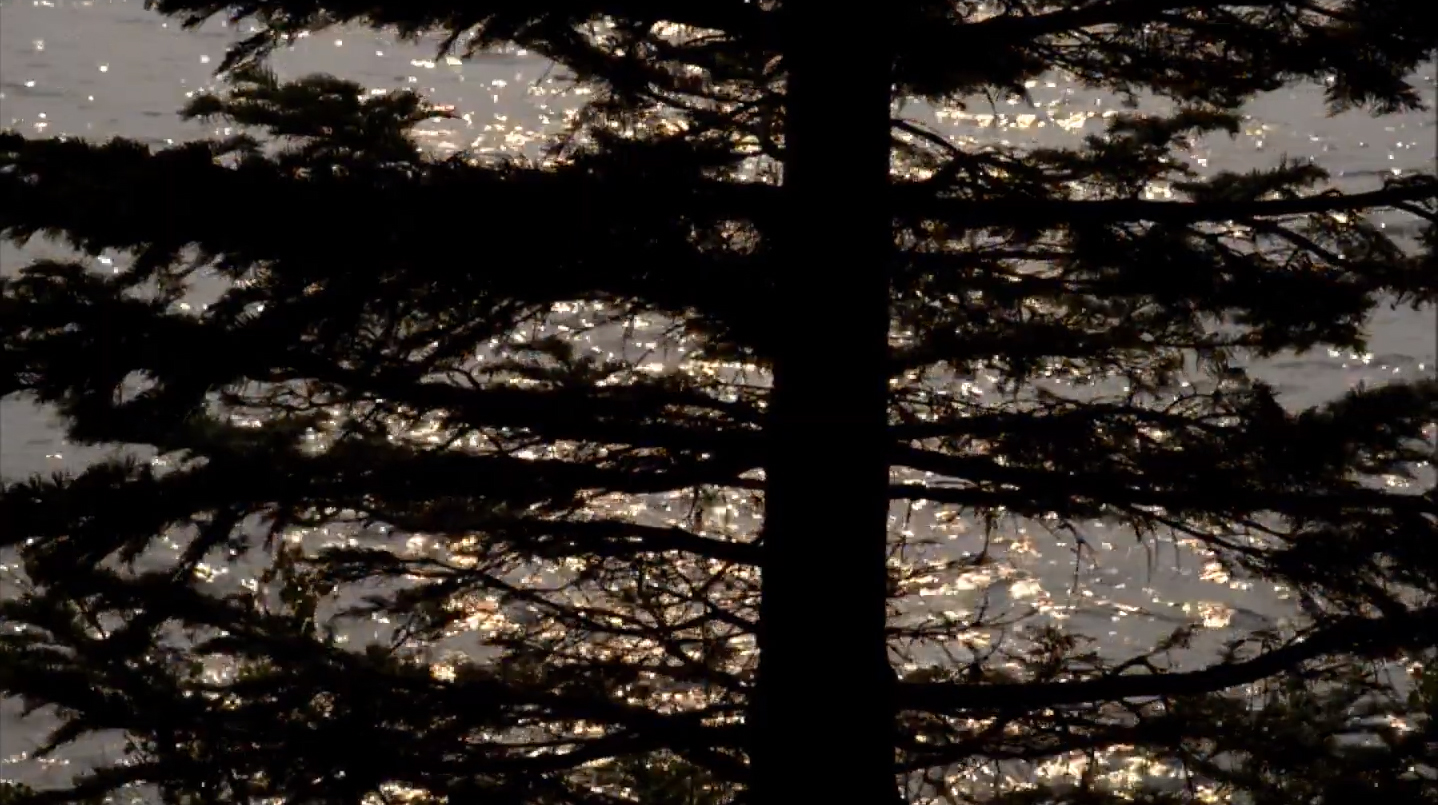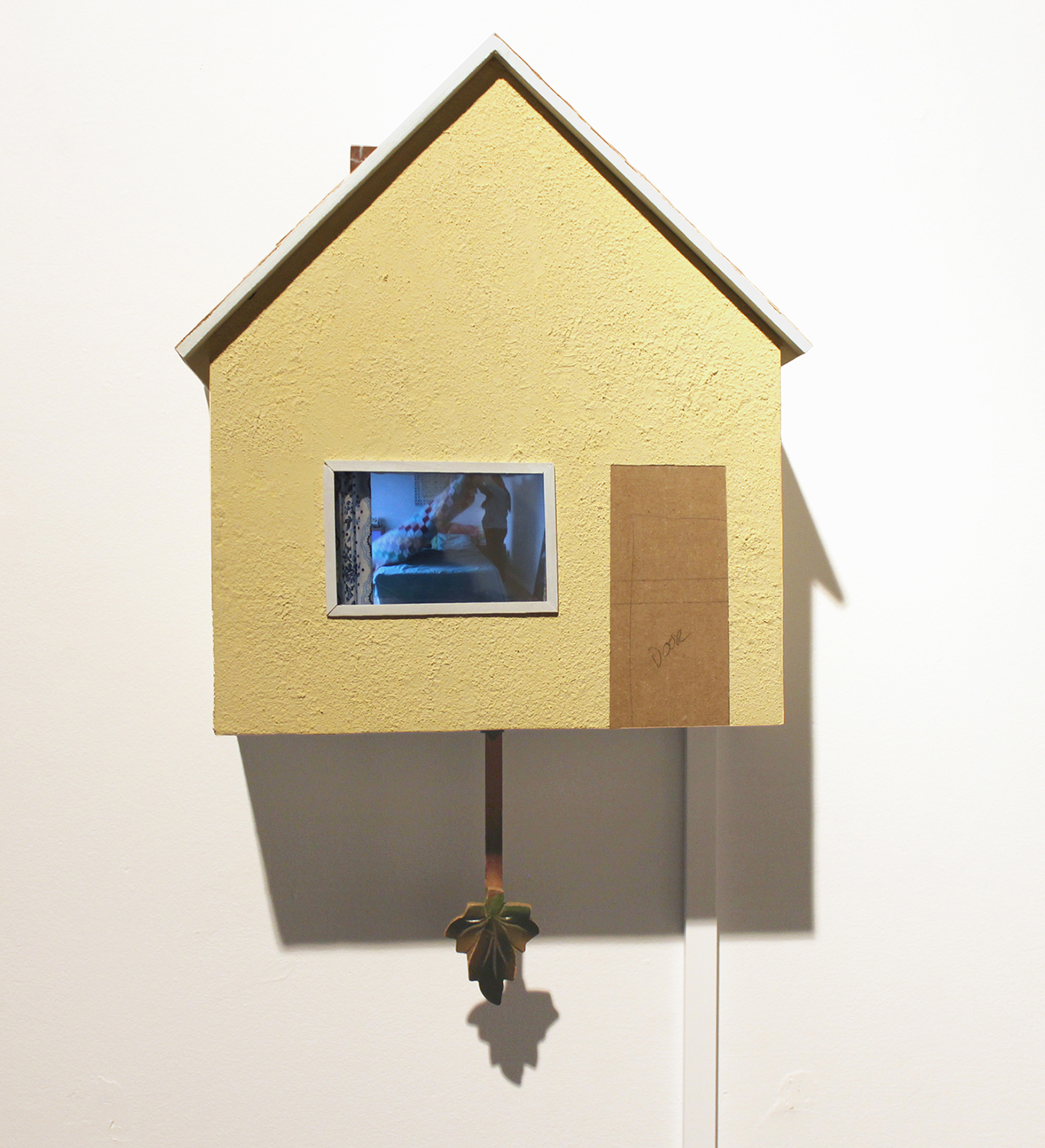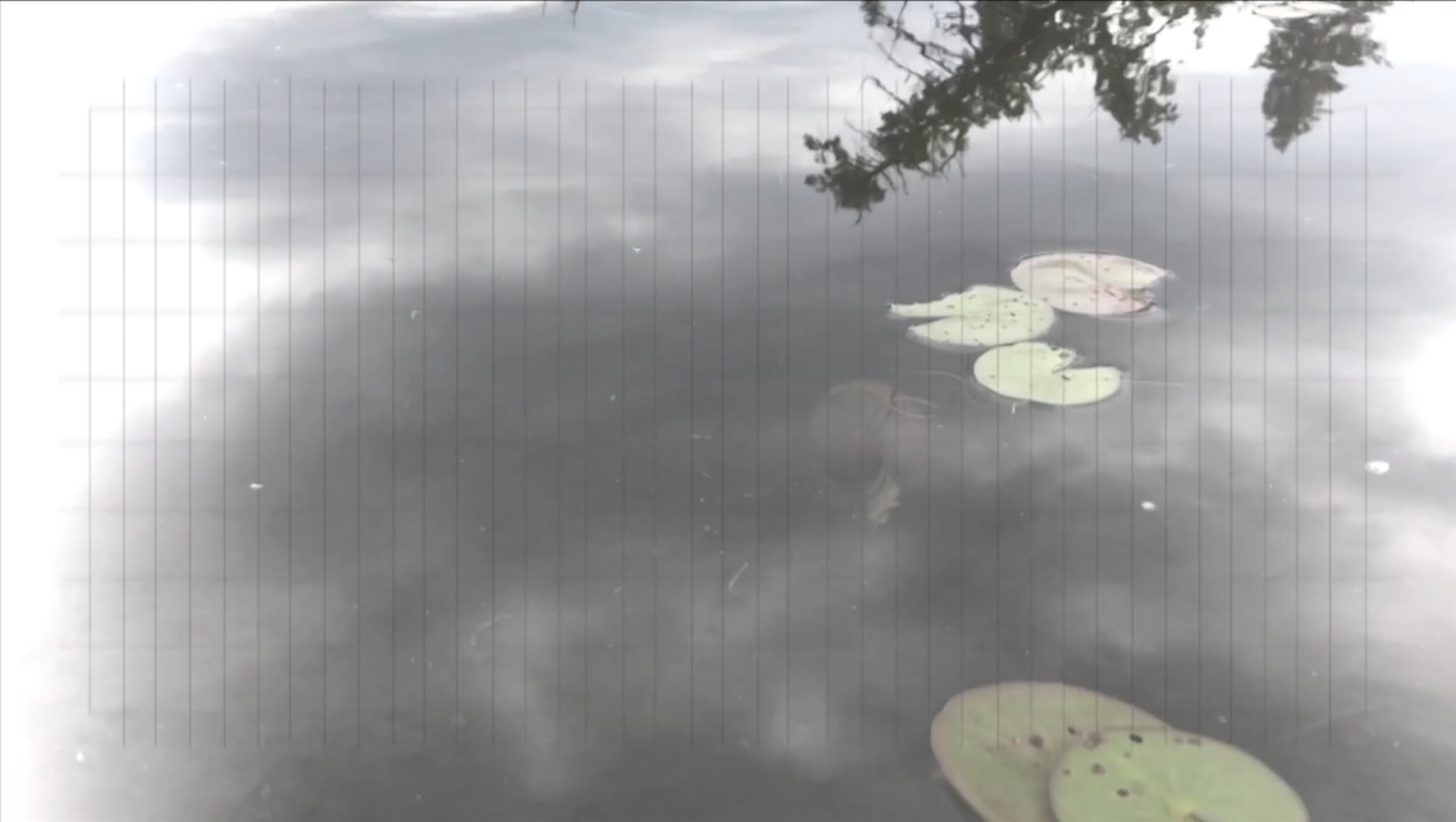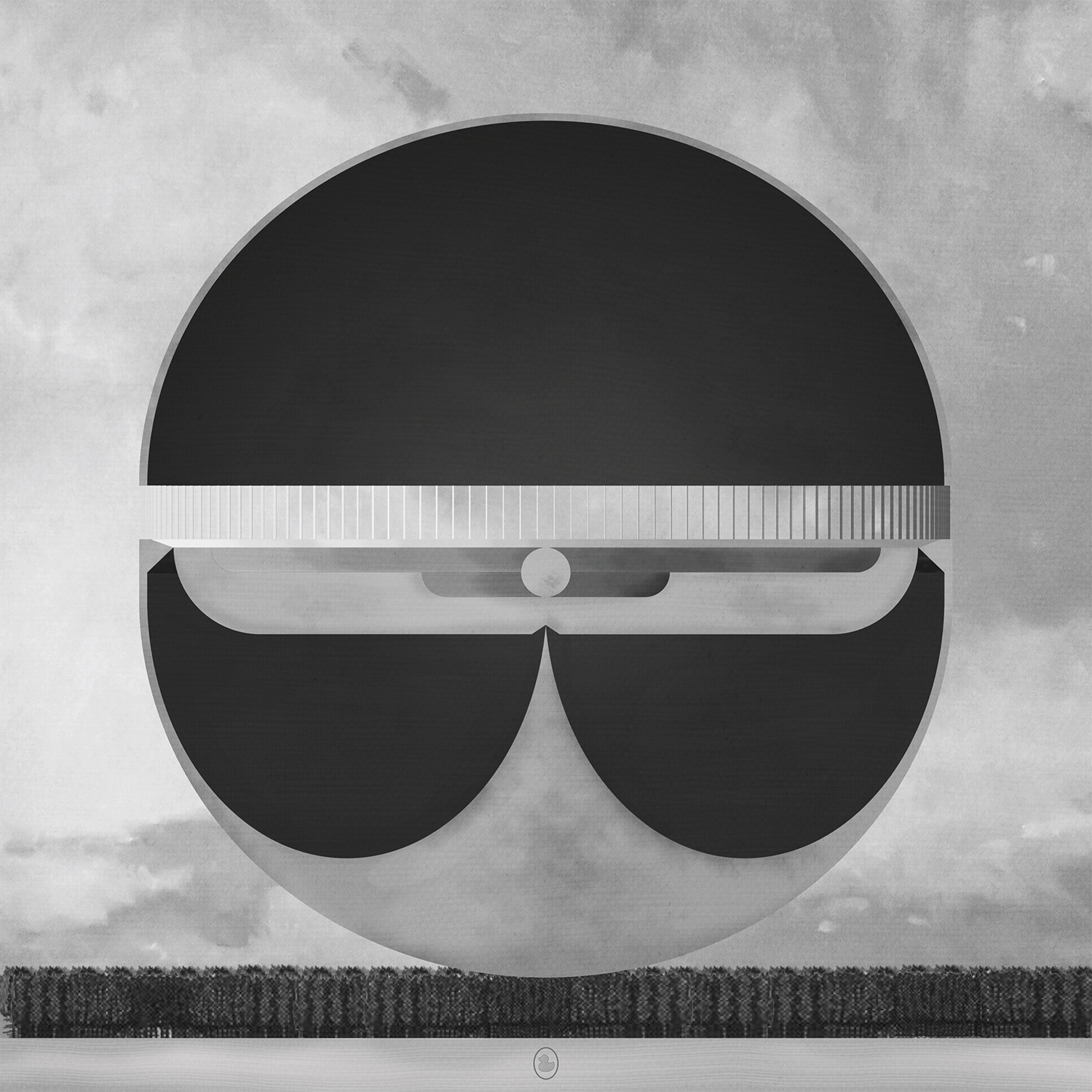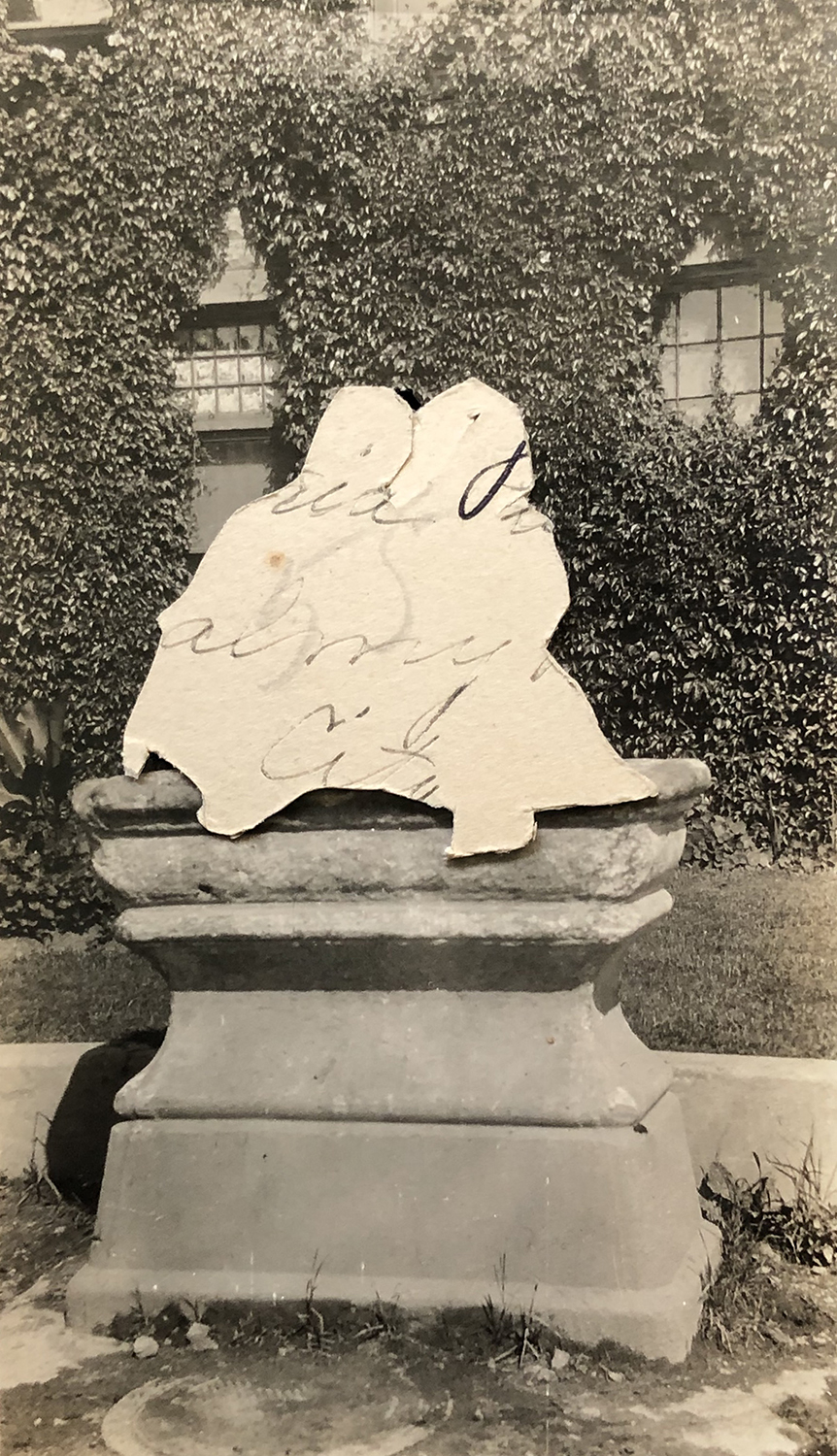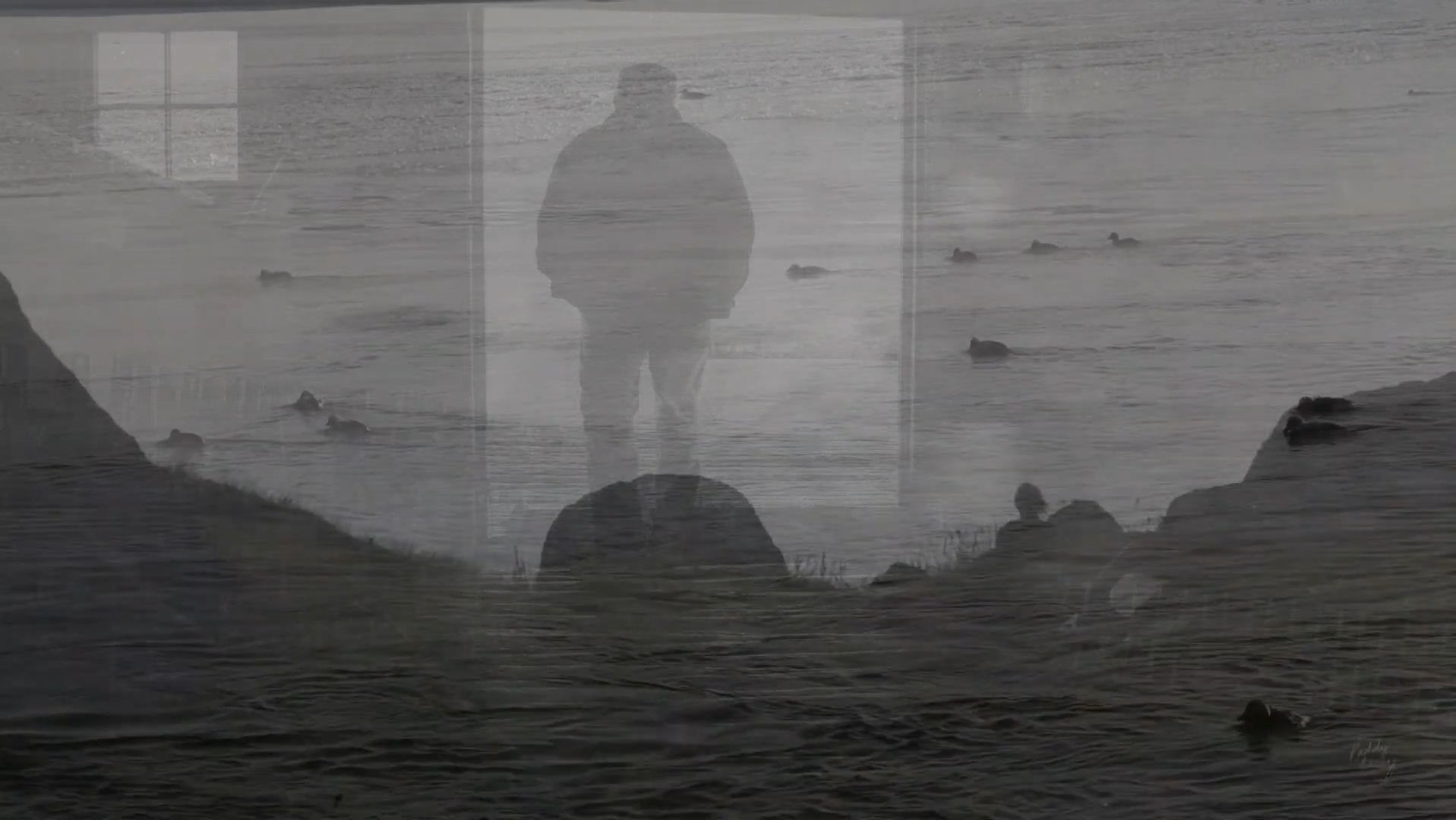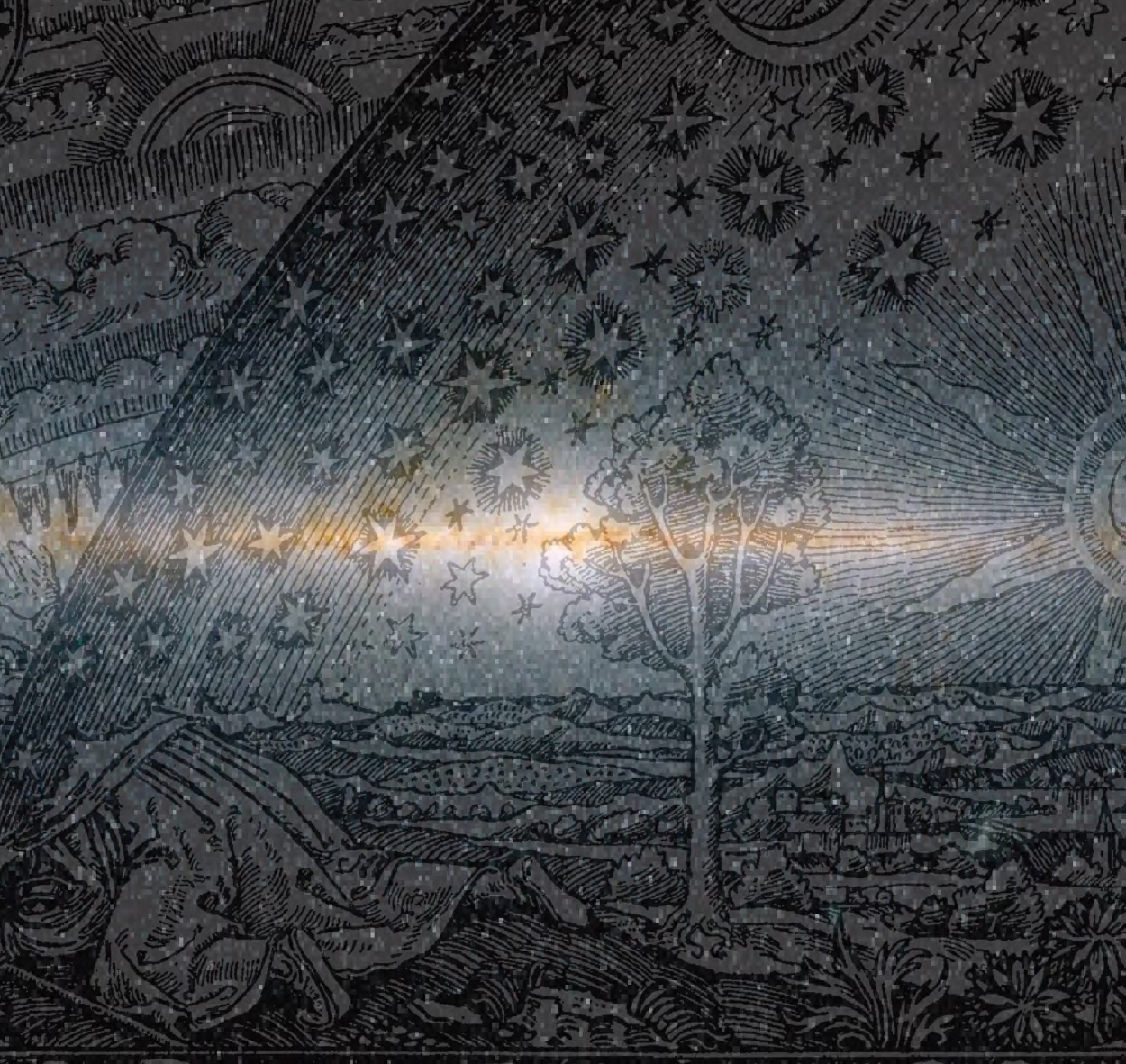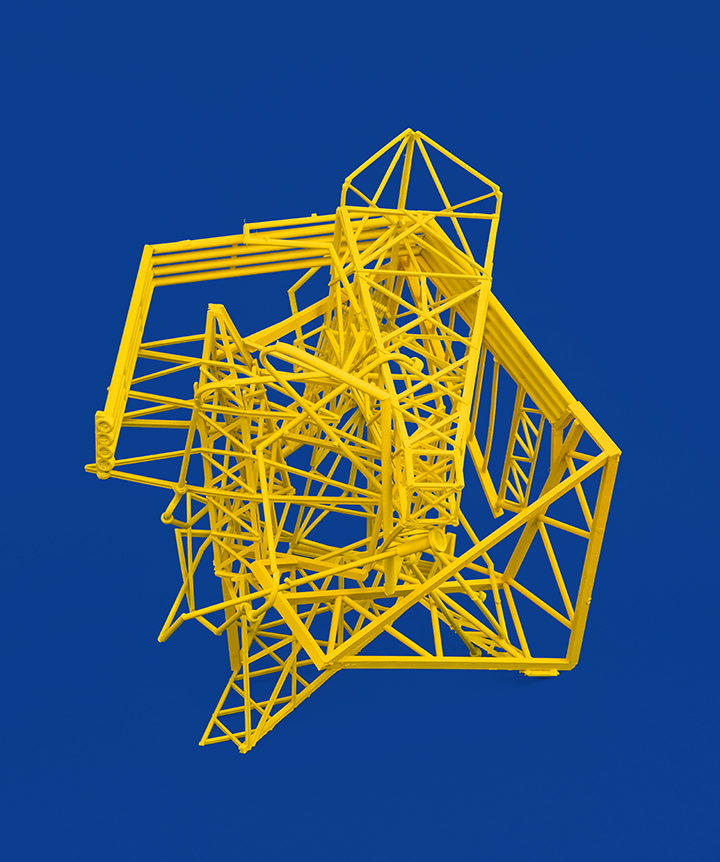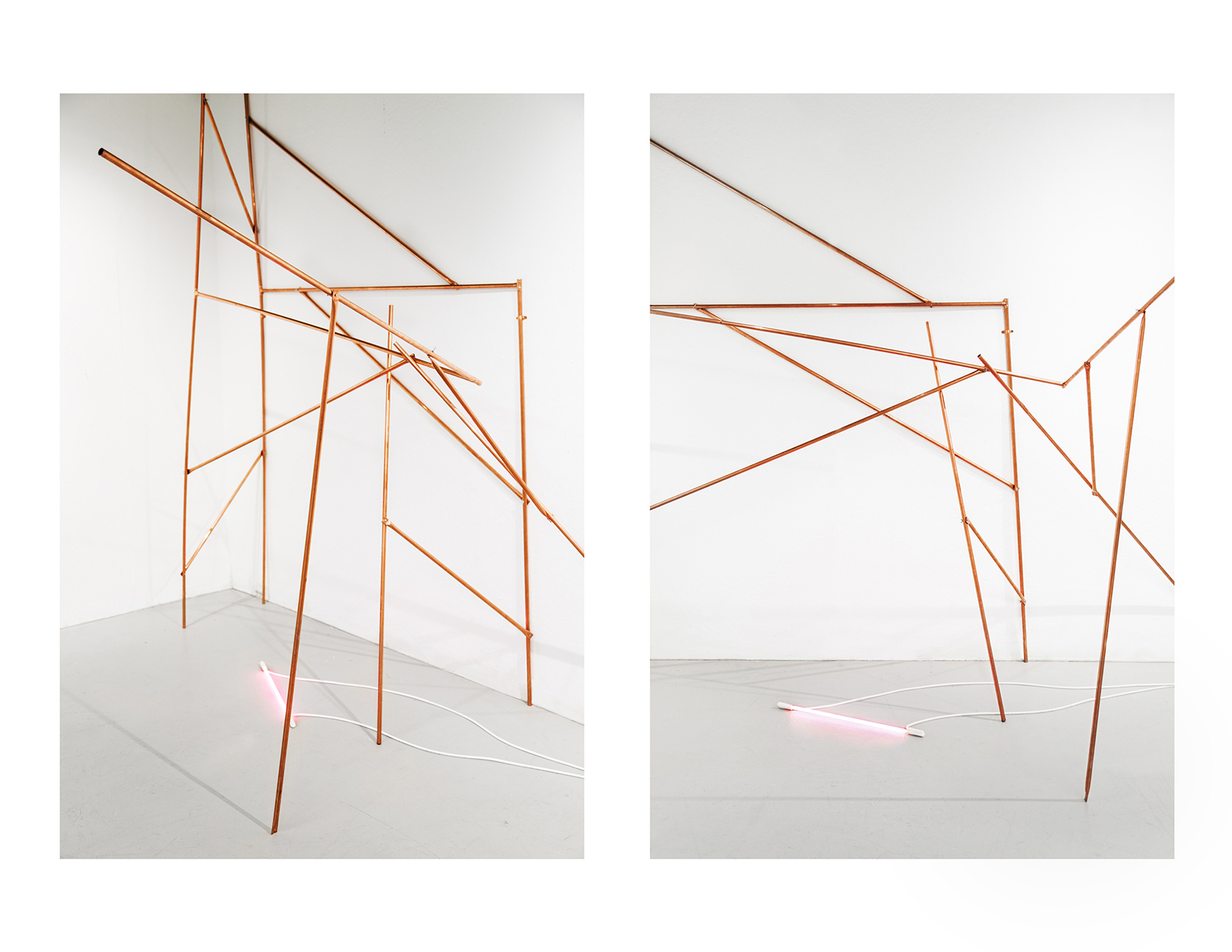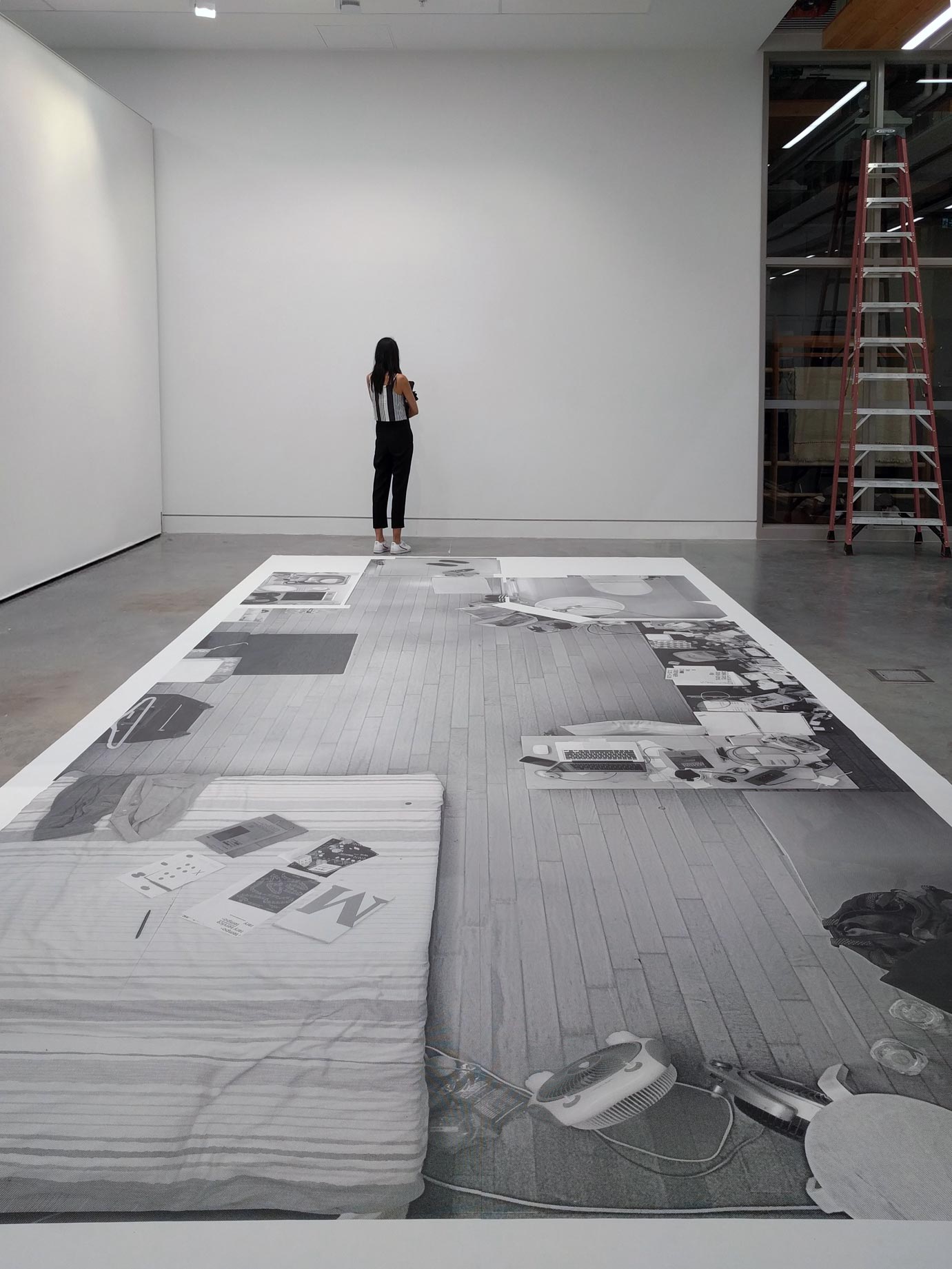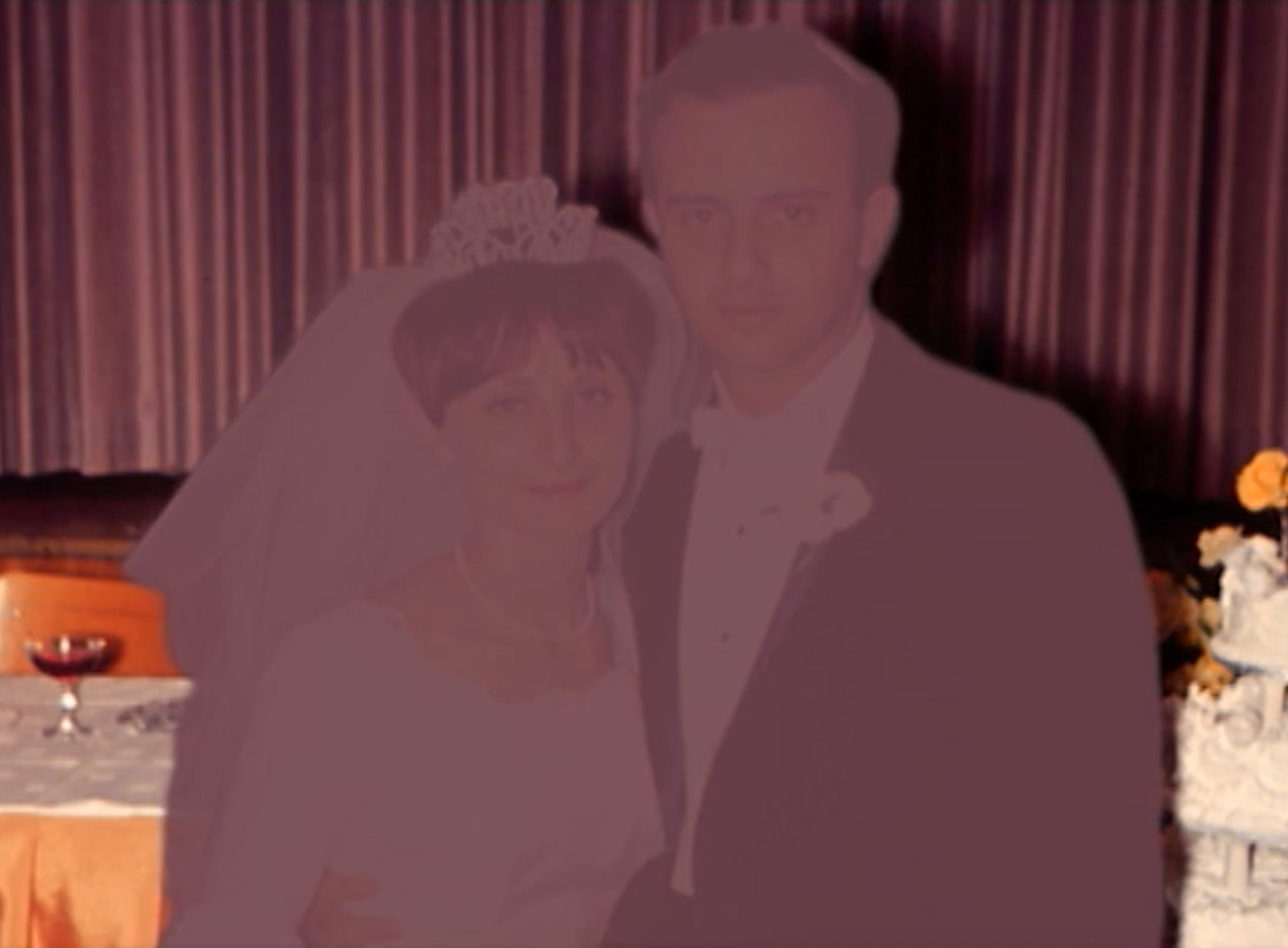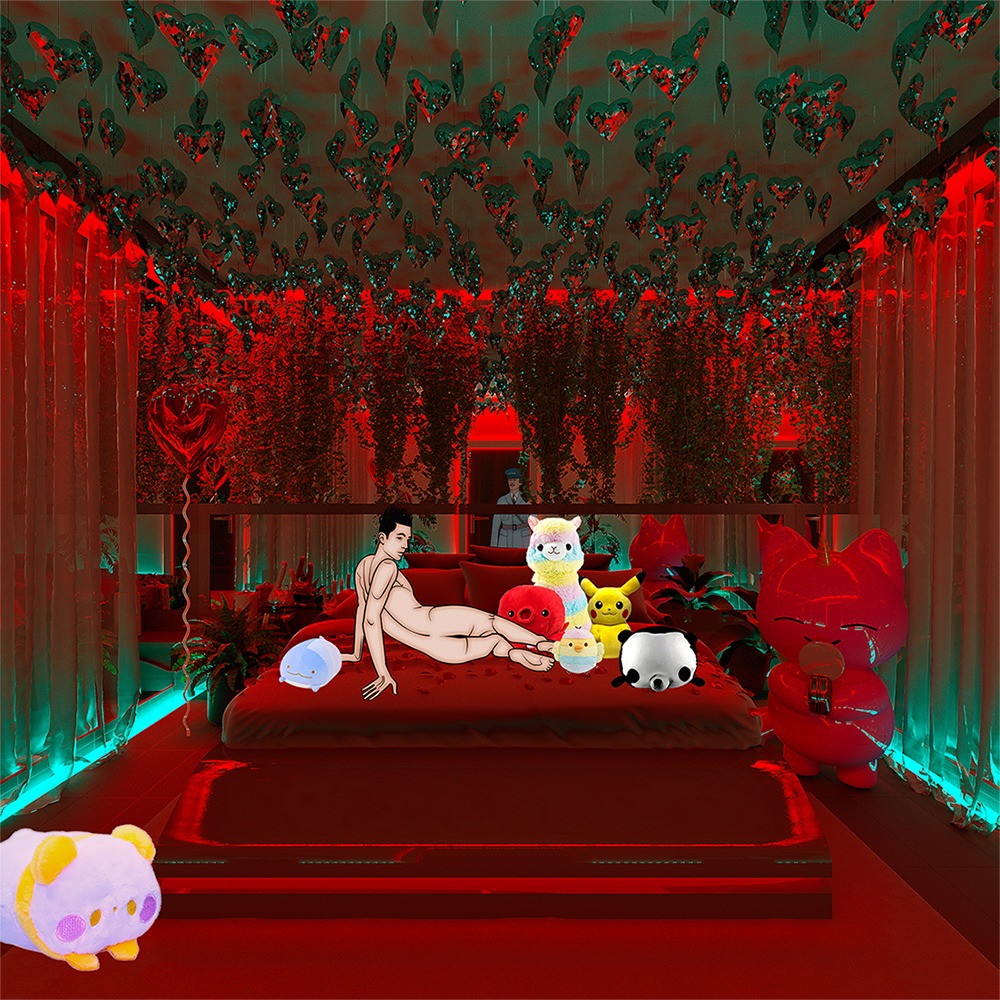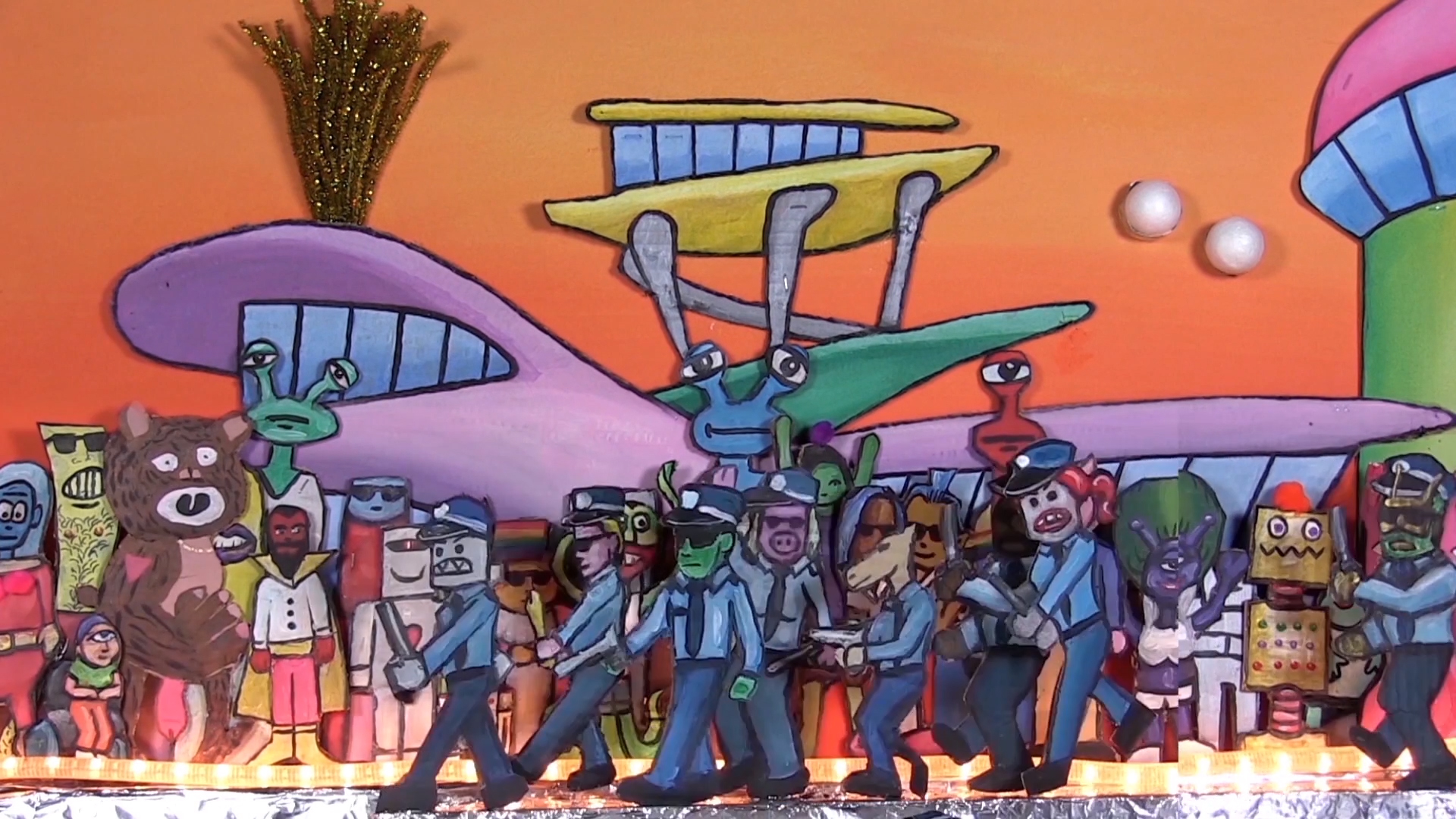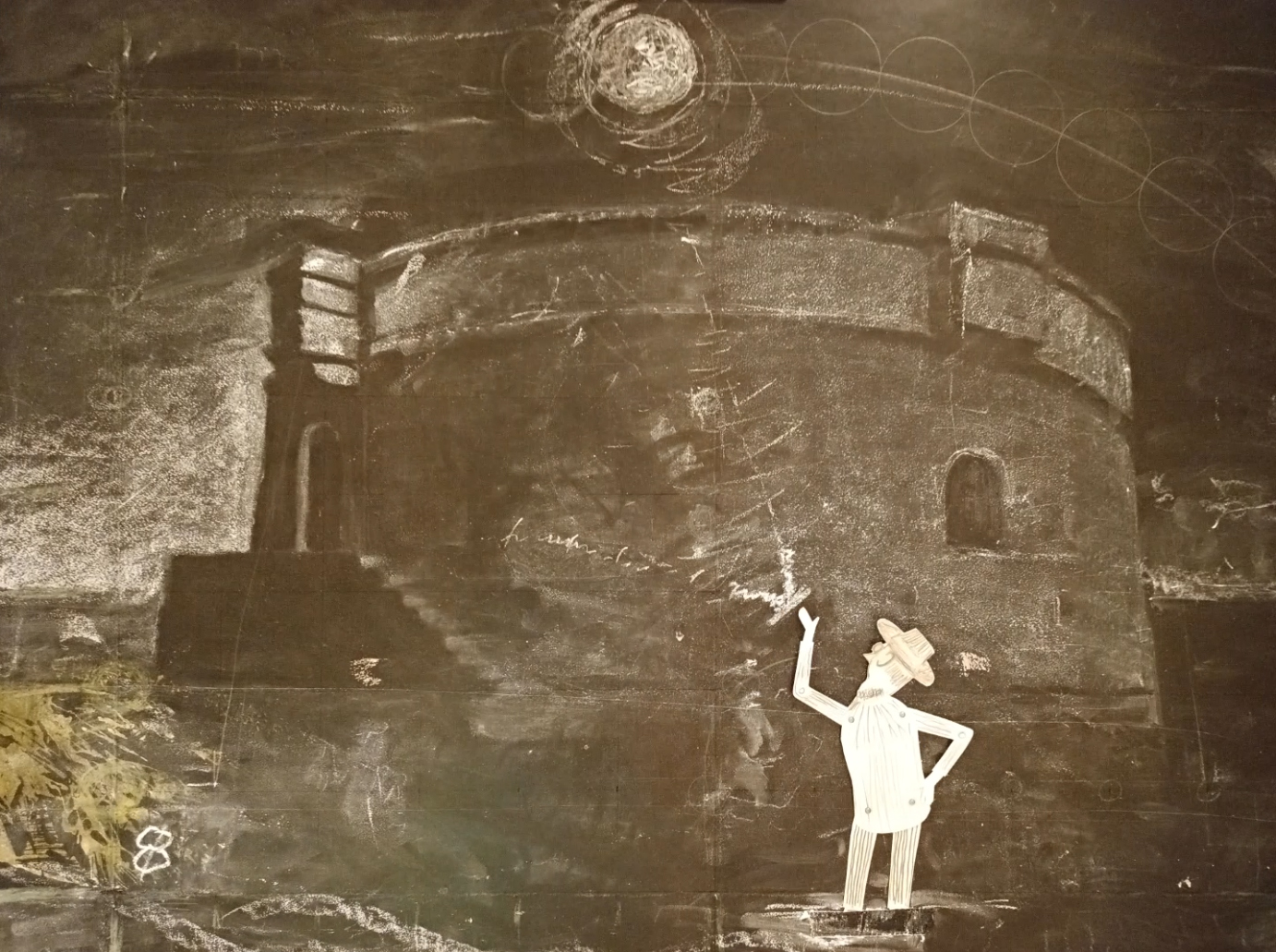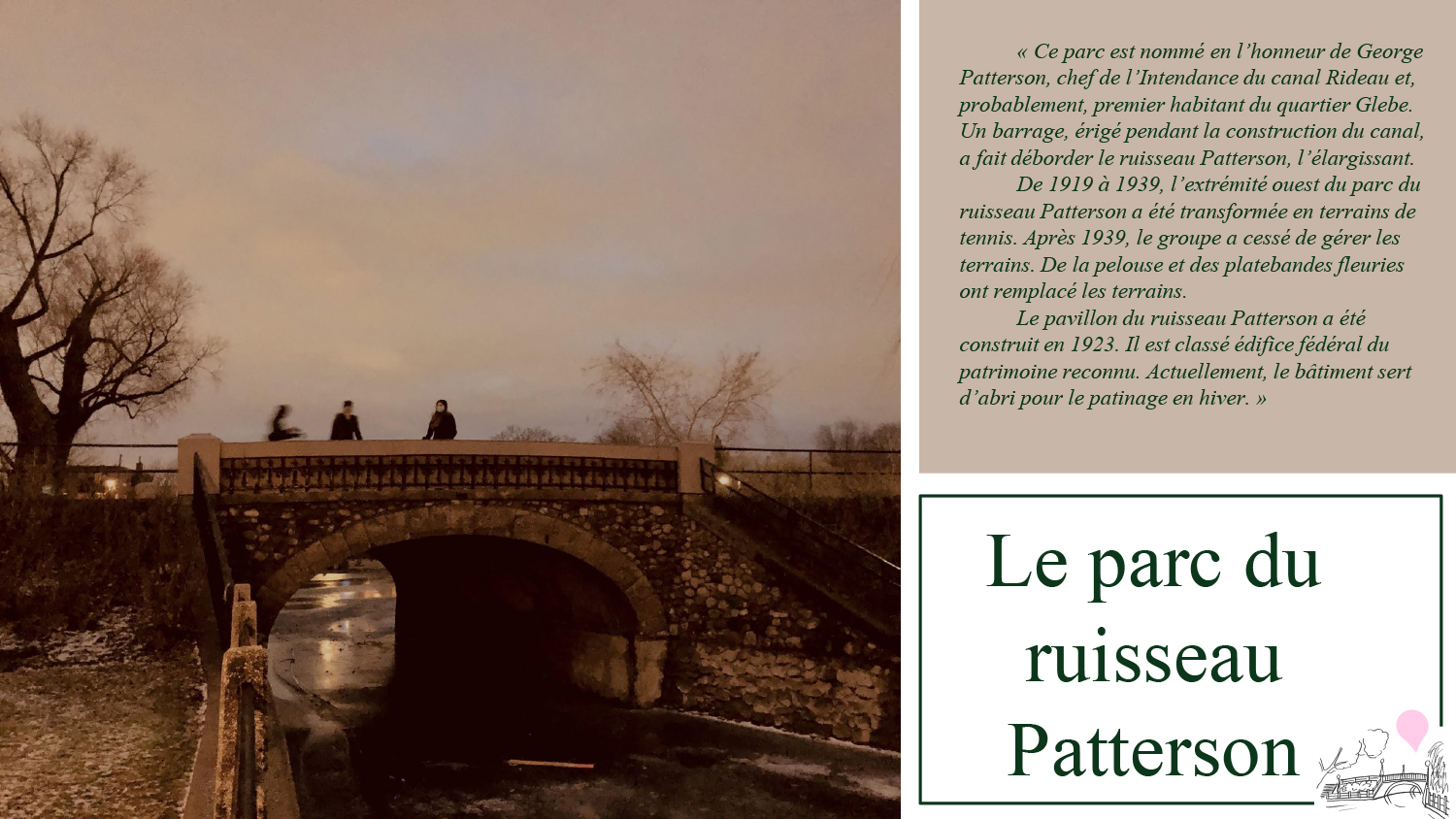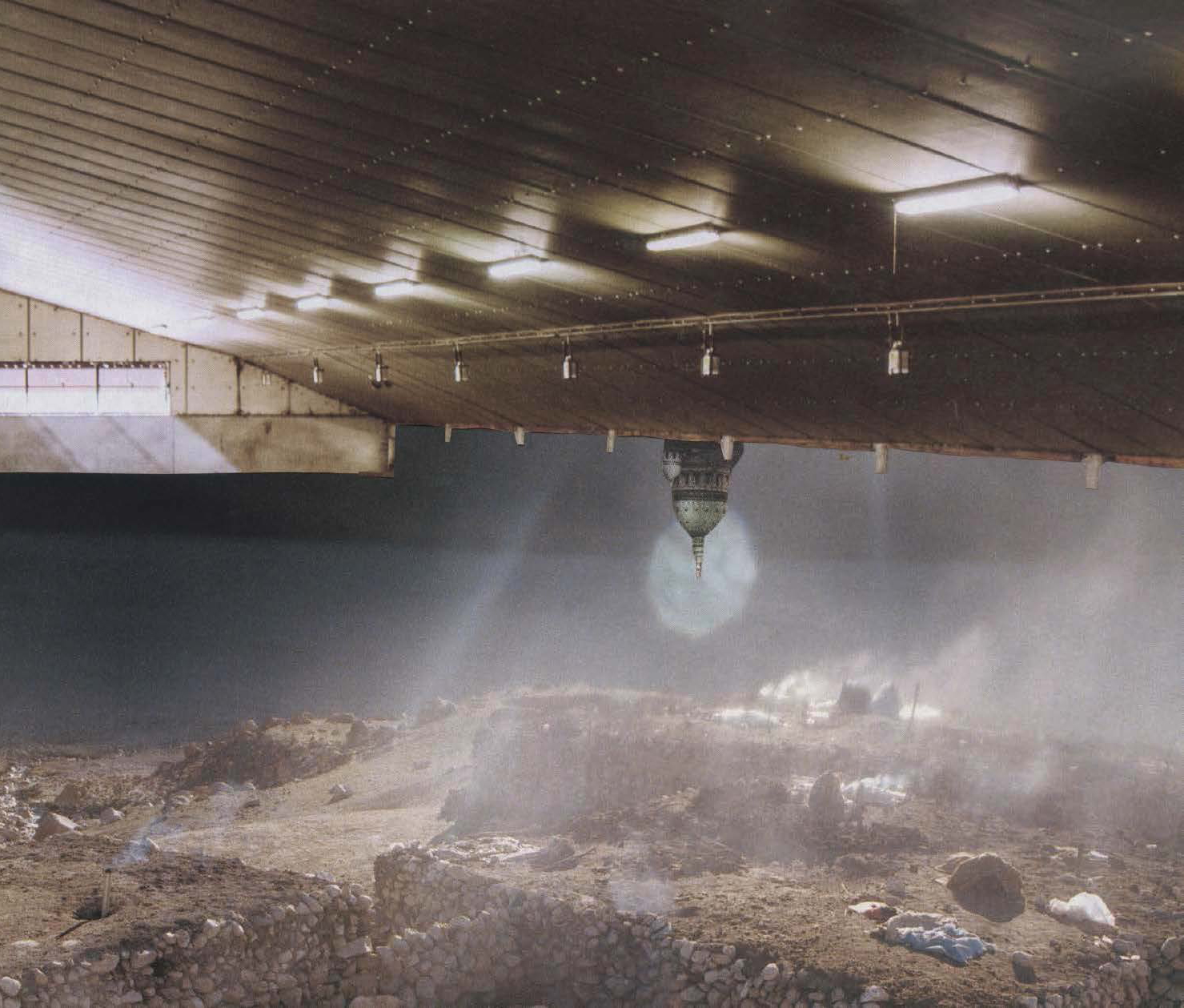PLAY #97: Shell Game & Play # 43: Victory Over the Moon—a Futurist Opera
[both from Brief Candles: 100 Very Short Plays]
Gary Michael Dault
As the curtain rises, we see two substantial Conch shells sitting side by side on a grand piano.
SHELL A: I can sense your nearness.
SHELL B: You have no eyes.
SHELL A: I have no eyes, but I am one gigantic ear.
SHELL B: What can you hear?
SHELL A: The slow crackle of your calcification—and the background murmur of the distant sea. You hear the sea too, don’t you?
SHELL A: No, I never have. I hear the vacuum cleaner and the cats chasing one another.
SHELL B: I dream of the sea all the time.
SHELL A: How do you do that?
SHELL B: I grow even more still than usual and listen.
SHELL A: Listen to what? How do you know what the sea is like? You came from a gift shop—just as I did.
SHELL B: You can’t take the sea out of a conch shell. It’s always there.
SHELL A (sadly): Not for me. I hear nothing. I think I’m just décor. Something else to dust.
SHELL B (compassionate): I’m sorry.
(curtain)
The opera takes place on the moon. The cast consists of fifteen characters, only two of whom, in this brief excerpt, make an appearance: the First Strongman—played by poet Vladimir Mayakovsky—and the Second Strongman, played by poet Velimir Khlebnikov. The costumes are by Kasimir Malevich. The unheard music is by the author.
FIRST STRONGMAN (shouting): All’s well that begins well and ends soon afterwards!
SECOND STRONGMAN: There will be no end to this opera. We will thereby astound the universe!!
FS (shouting): There will be no going back!
SS (whispering): Or forward.
FS (pointing proudly): You see our muddy airship? We built it on credit. The sun offered us cash, but we wanted to glide softly amid the winking stars of mounting debt.
SS: At which point everything became unexpectedly cautious. Our resolve failed.
FS (resigned): Now we breathe the emptiness of the moon.
SS (even more resigned): No more no less.
FS (suddenly animated): You can’t stand it either? Then shake off the blades of sculptural moonlight and find another way to wash yourself!
SS (encouragingly): The way millions of others have done.
FS (comforting): You’ll be alright, you black multitudes. You sit there in fat velvet chairs, watching us shoot at the past with our poet-revolvers. Your heads are narrow and your sighs are made of stone.
SS (ingratiatingly): Go ahead, pick any fight with us—or with him!
FS: Or with him!
SS (reassuring): Do it in this pebbled dark. In this dry garden with its iron roses. Long live this lunar darkness! It will take you home again. You will have warm suppers with knives and forks.
FS (shouting): And don’t forget to leave your windows open!
(curtain)
